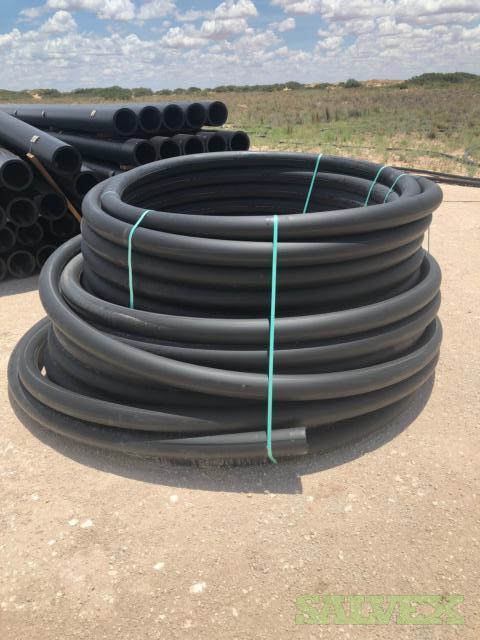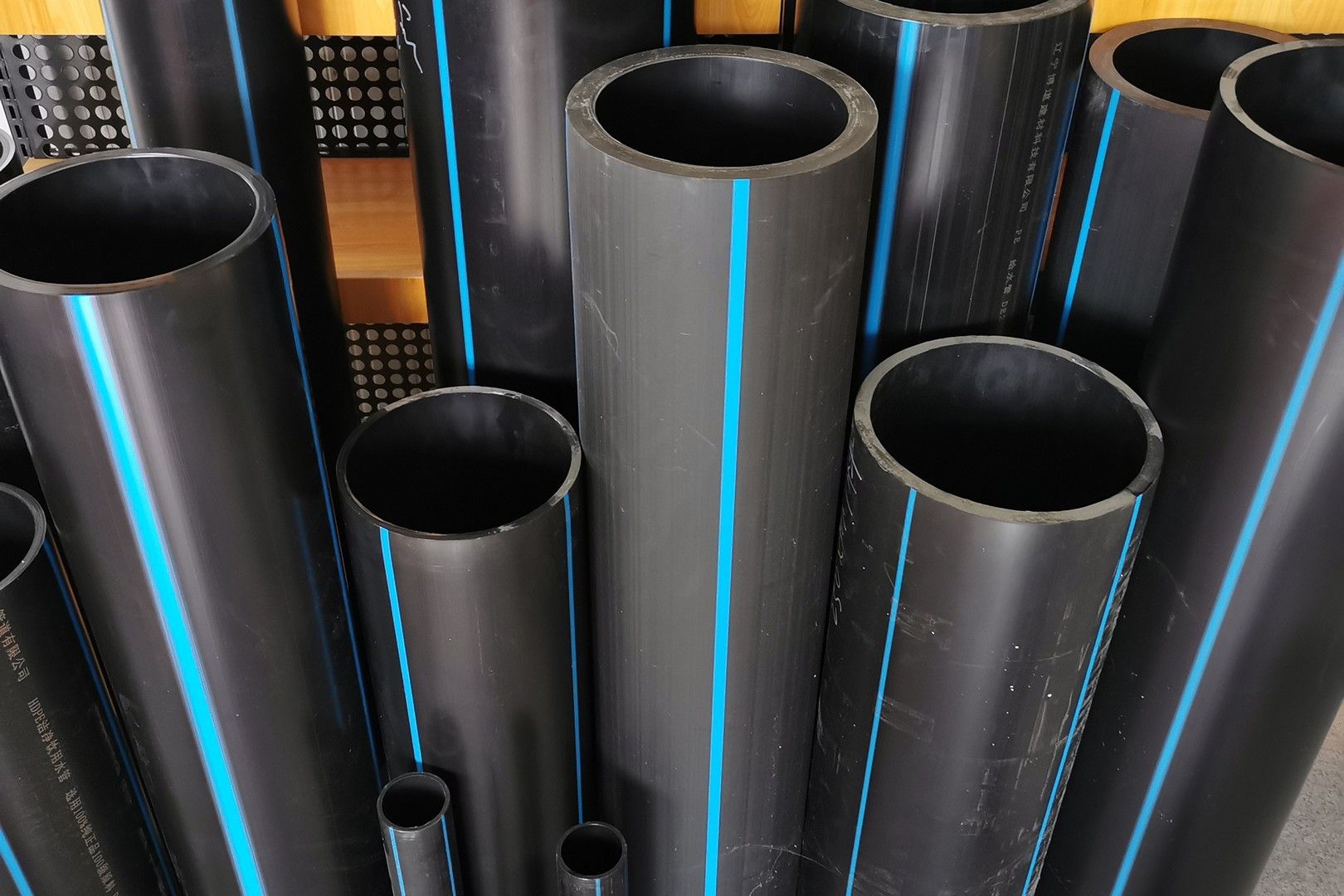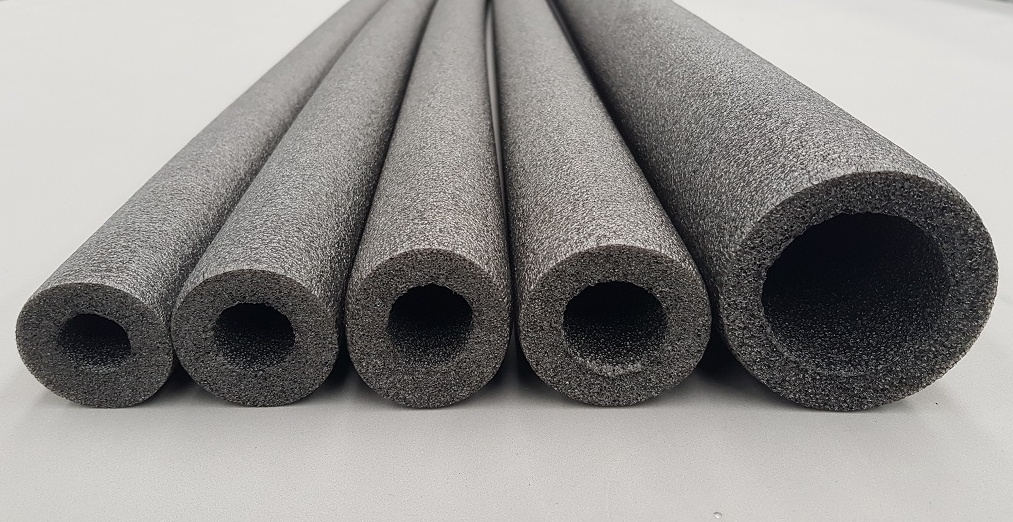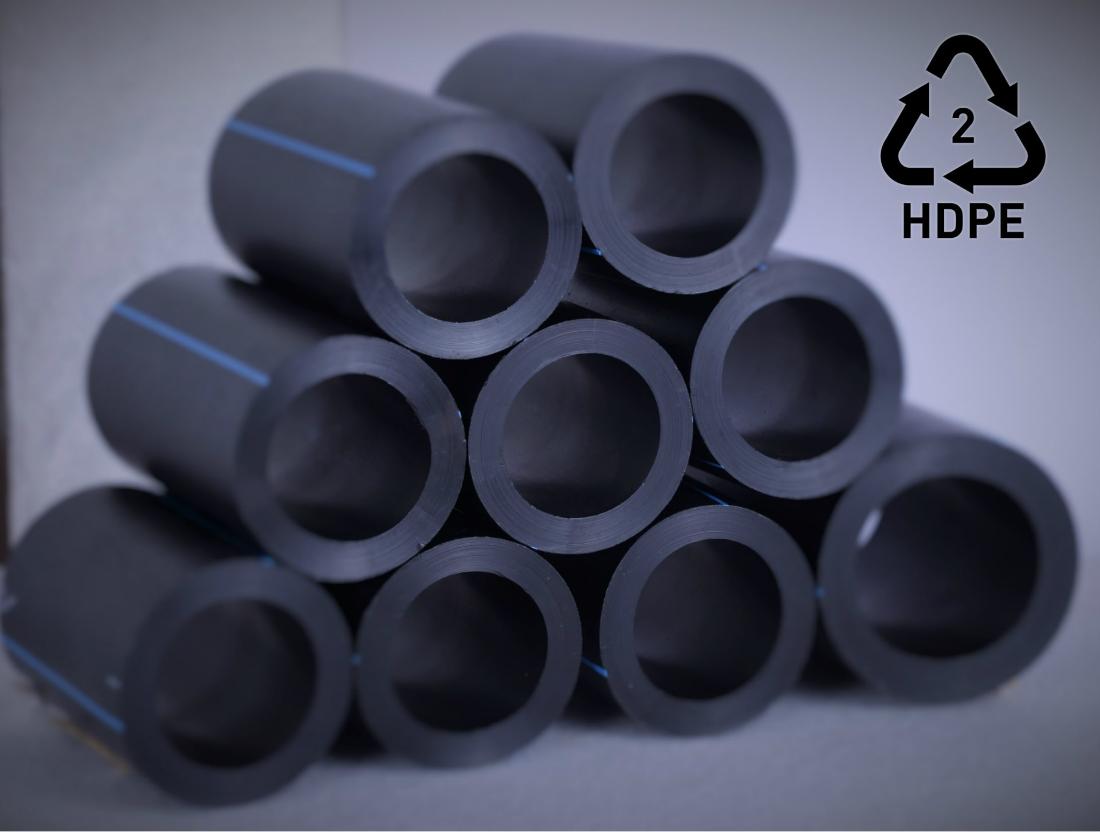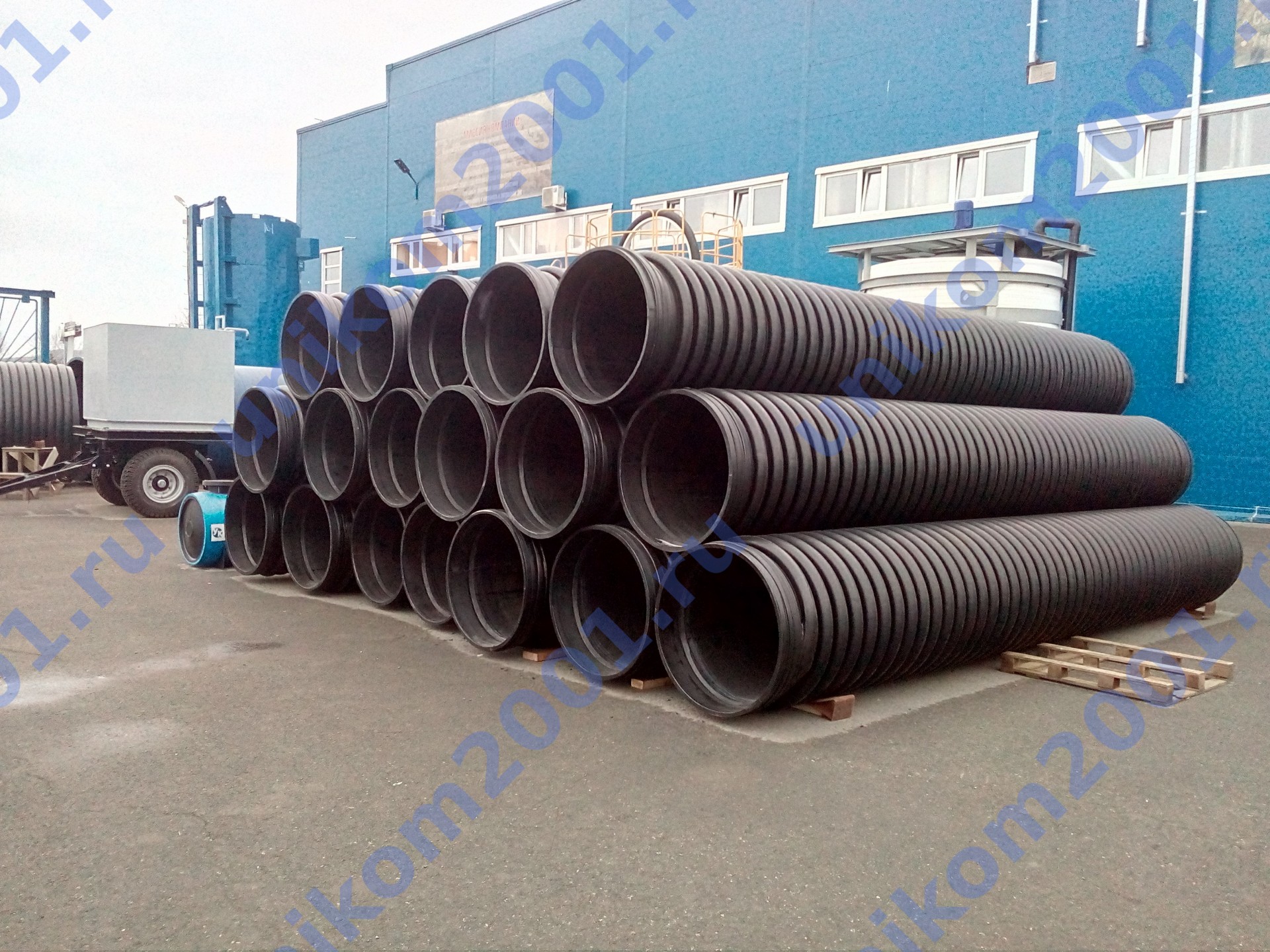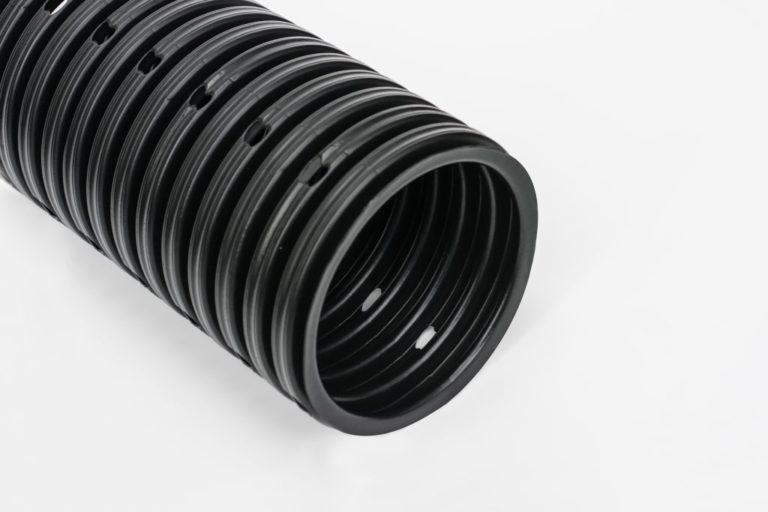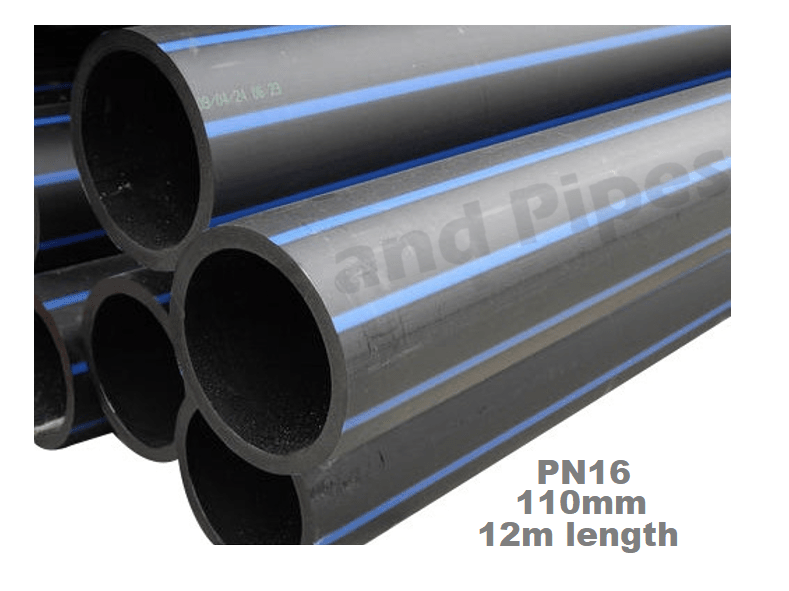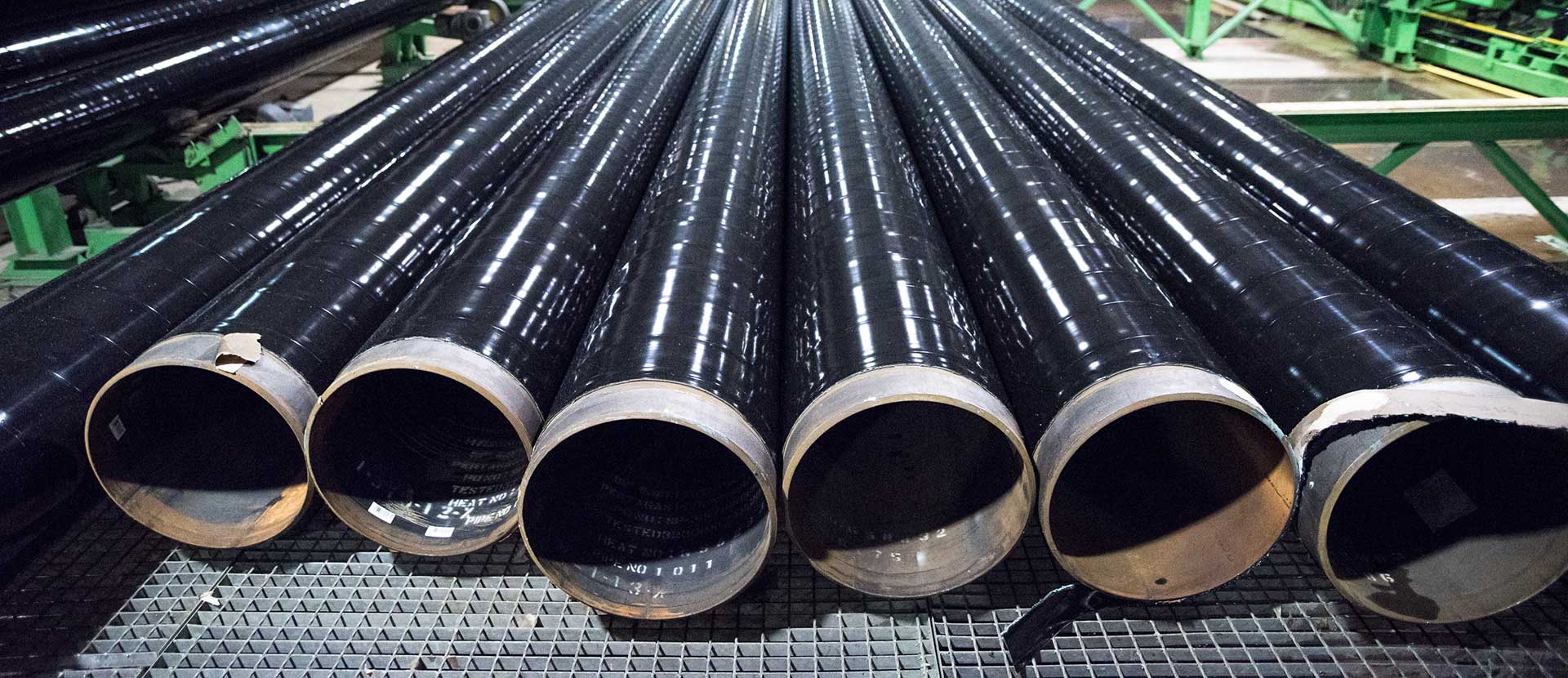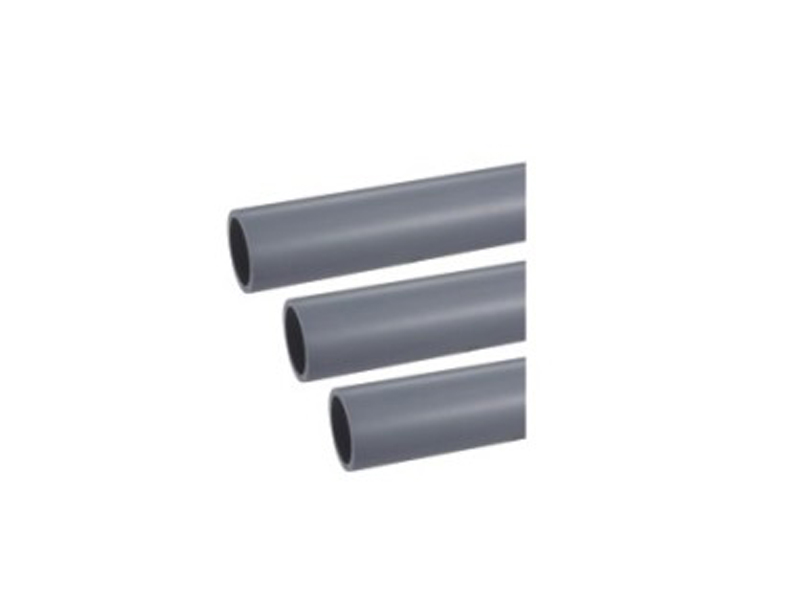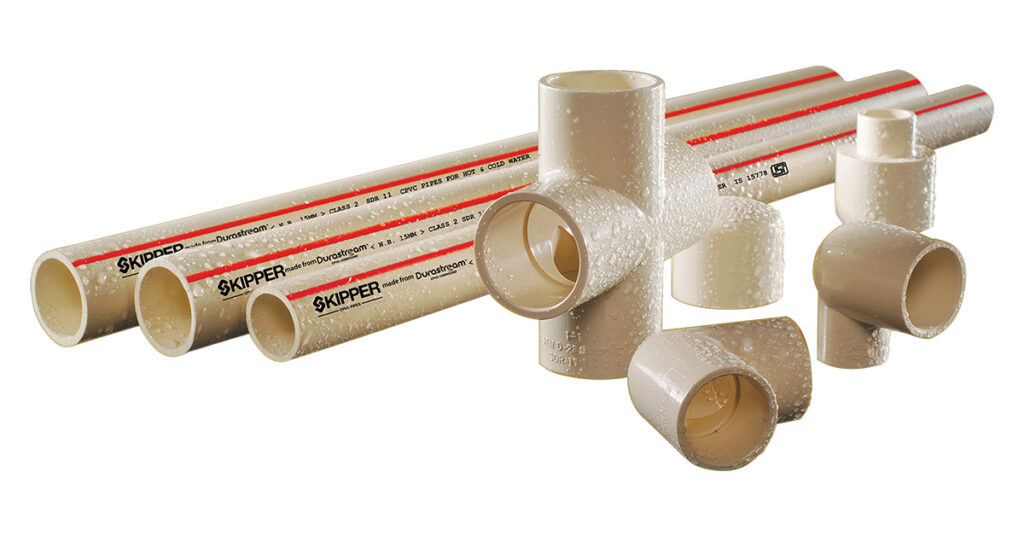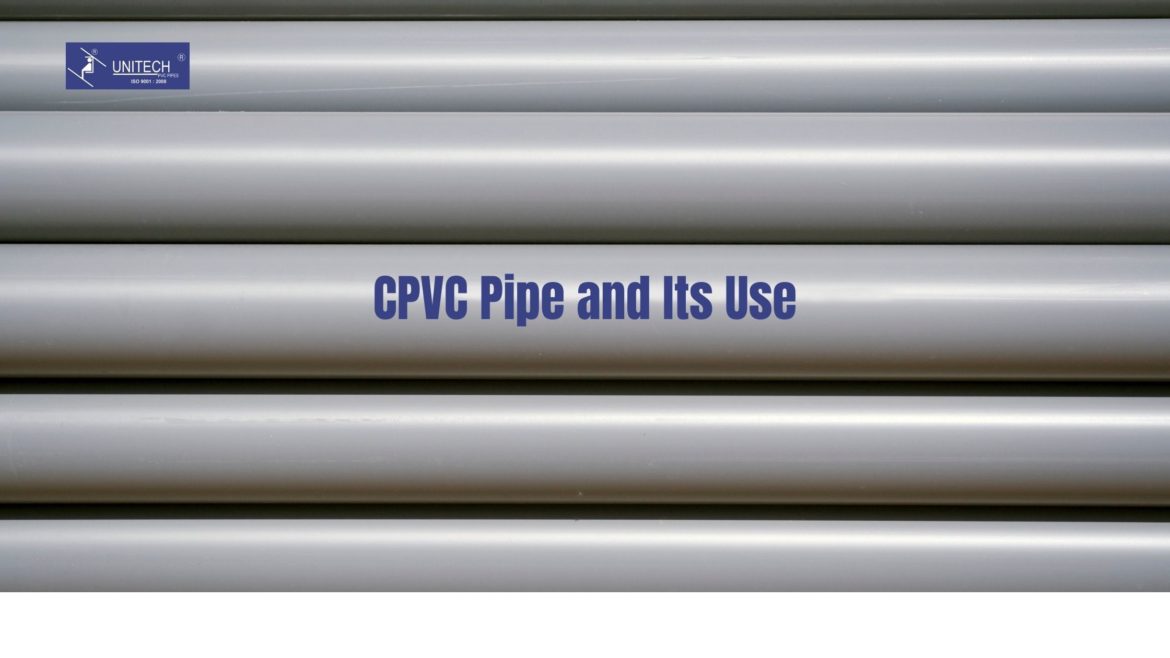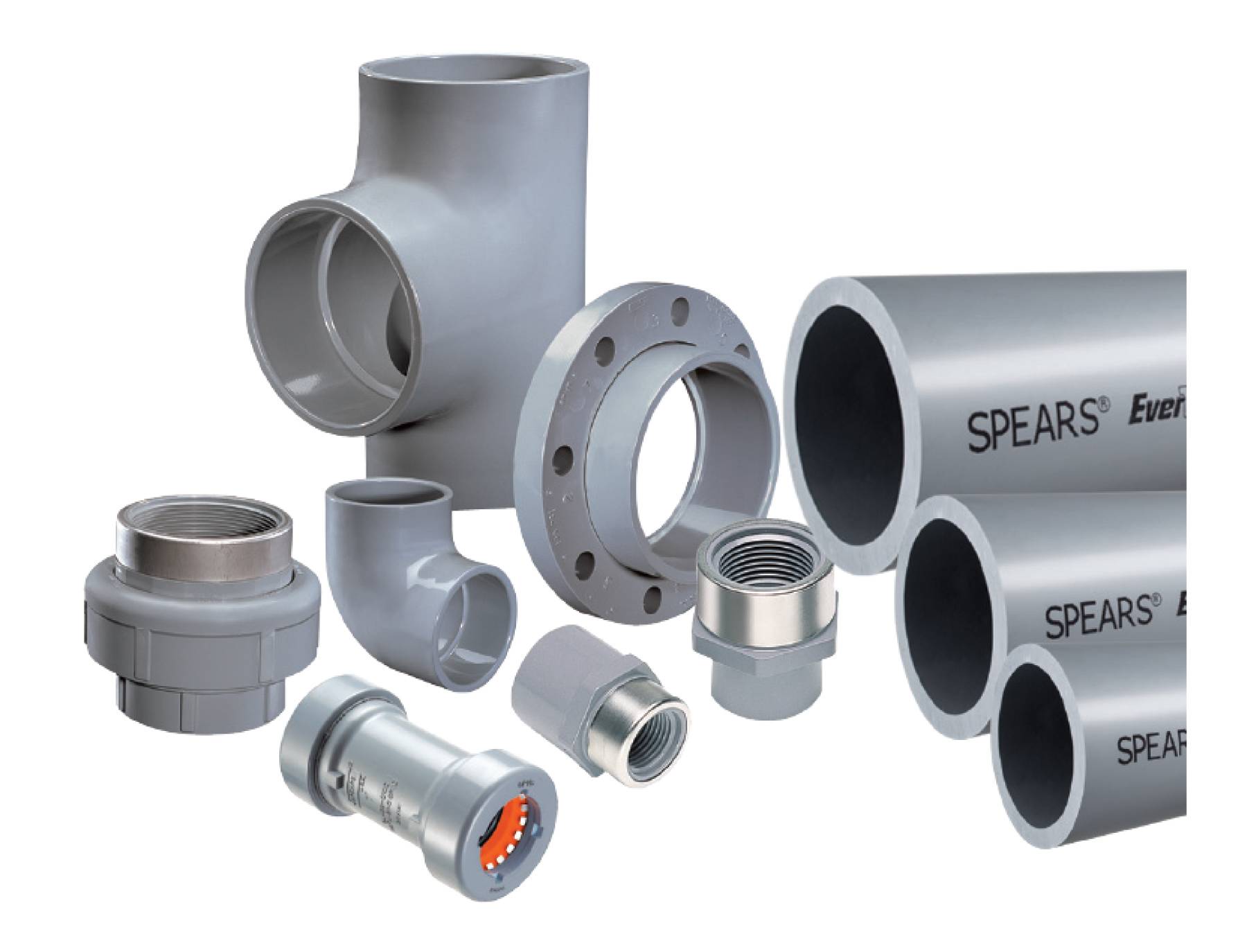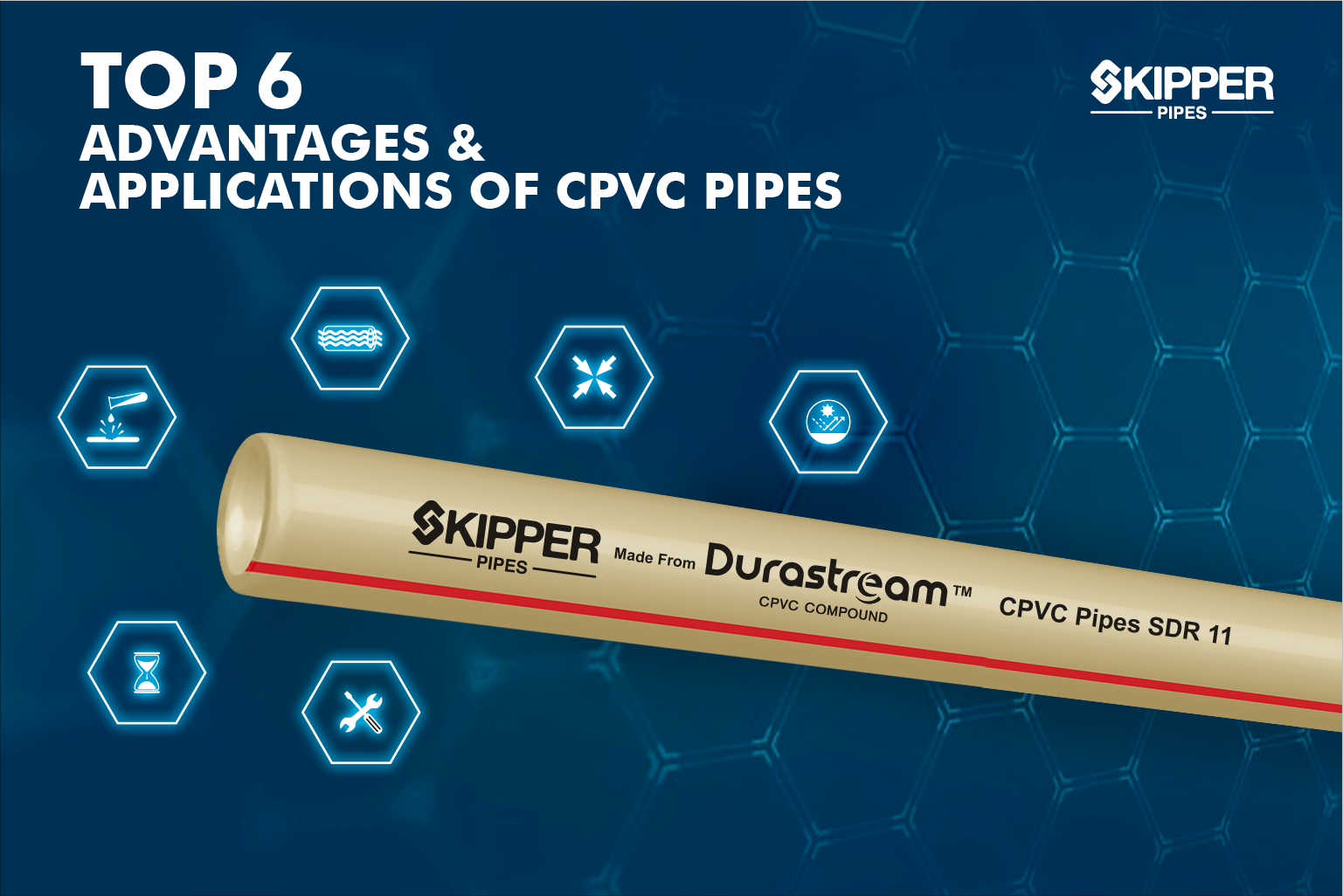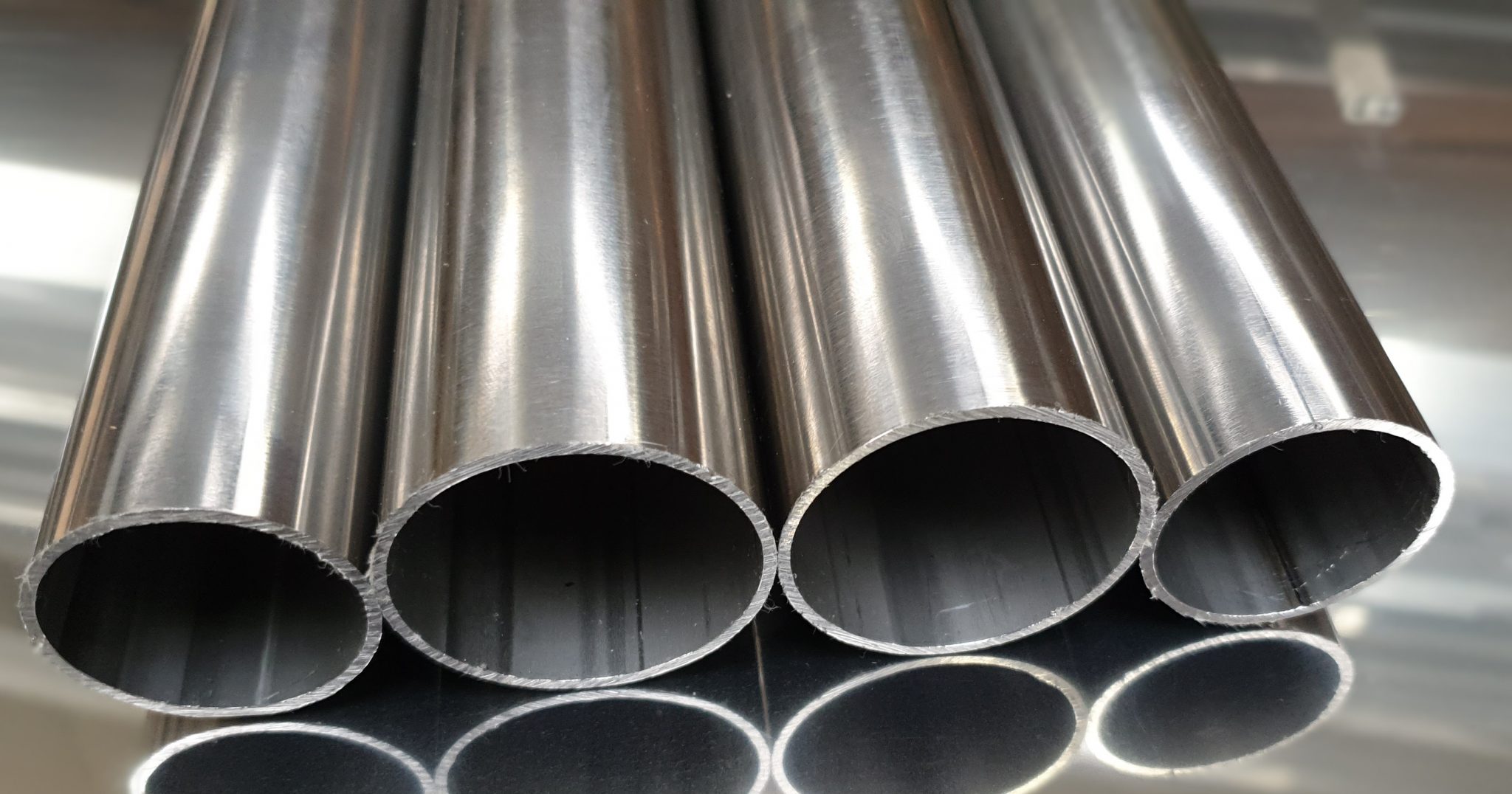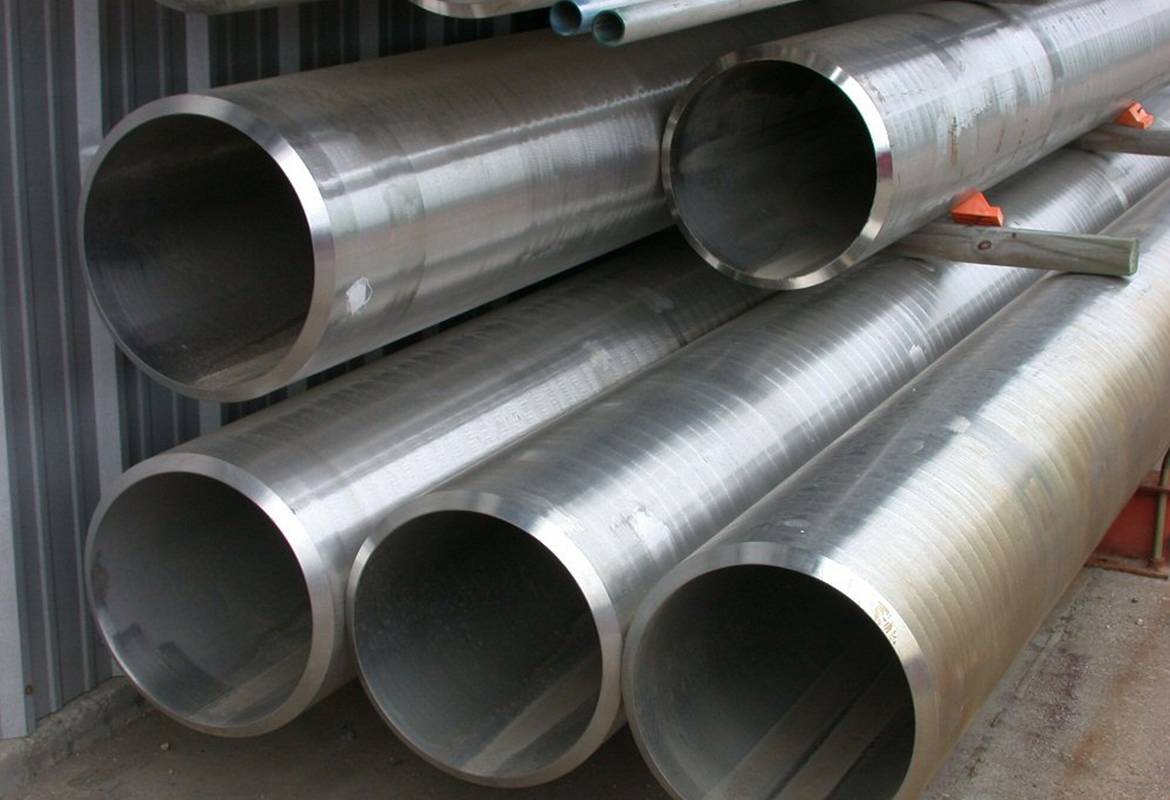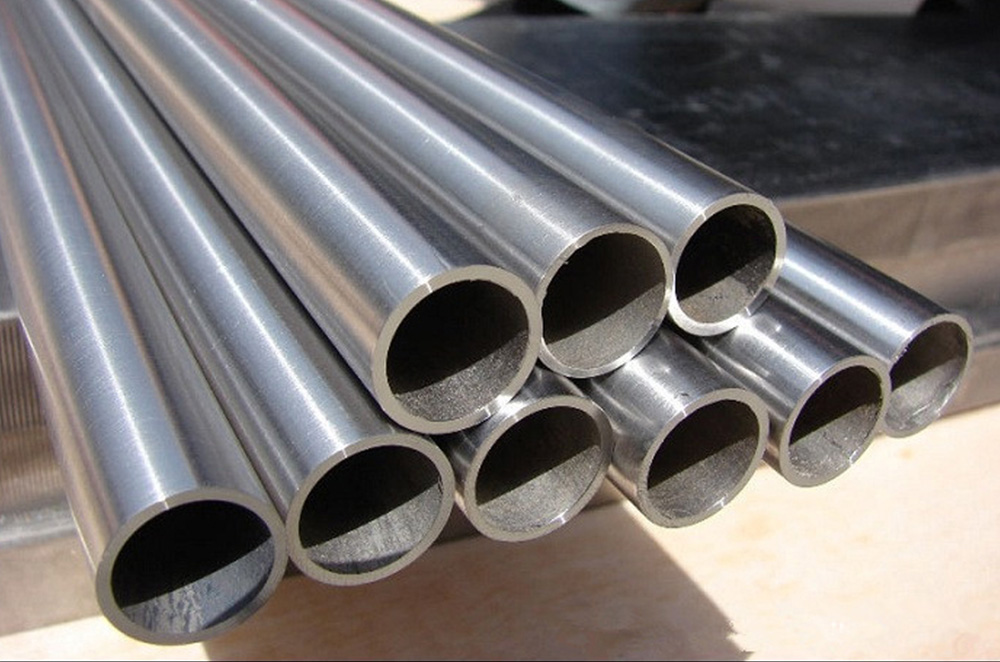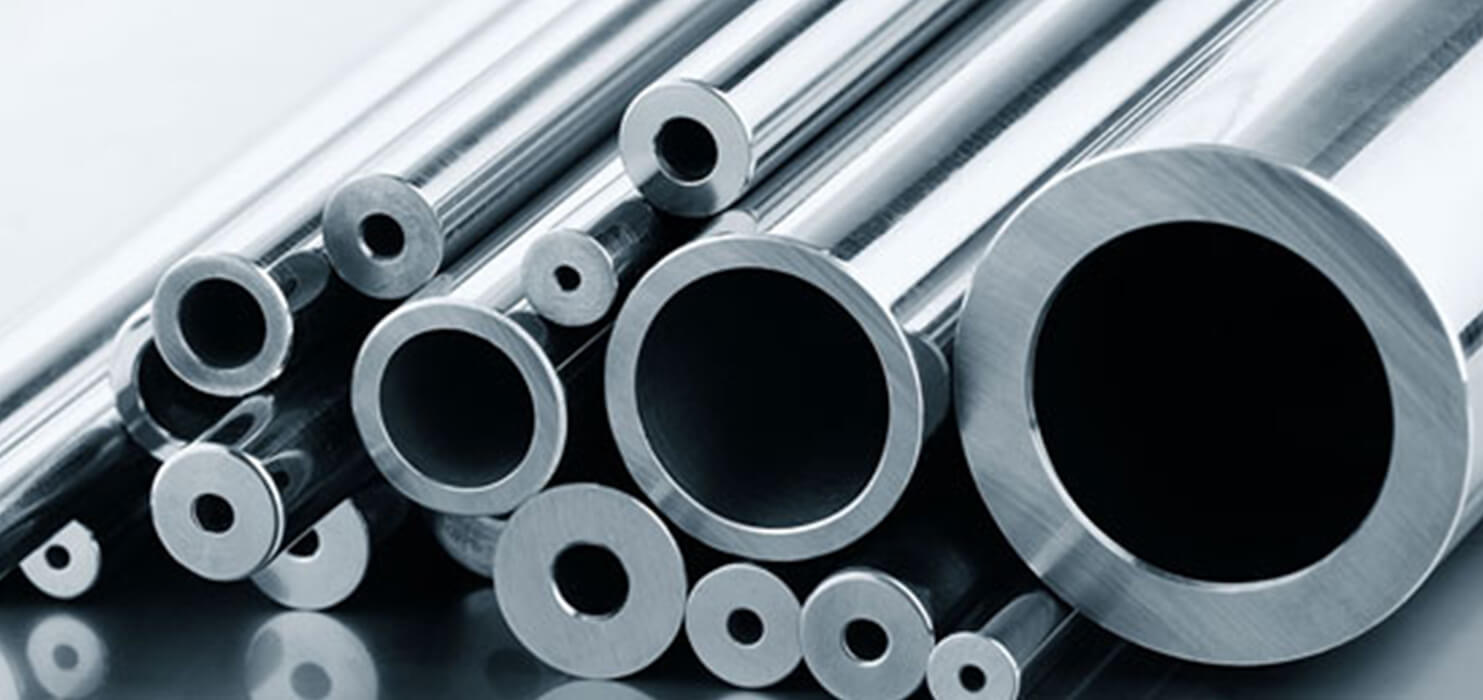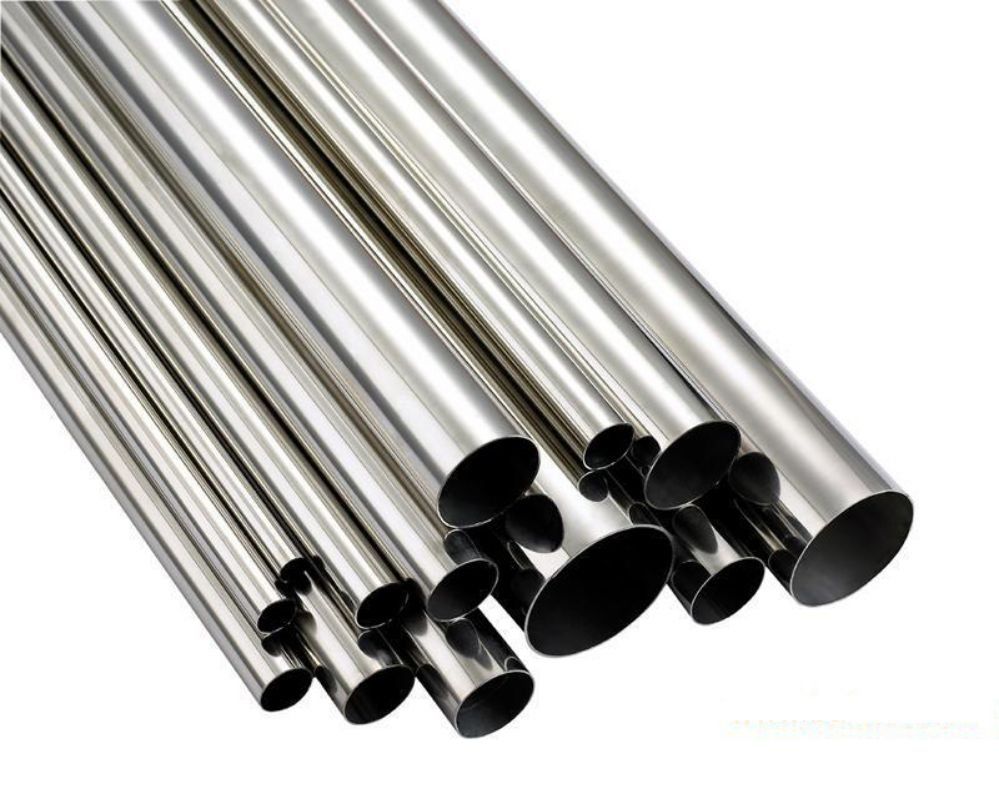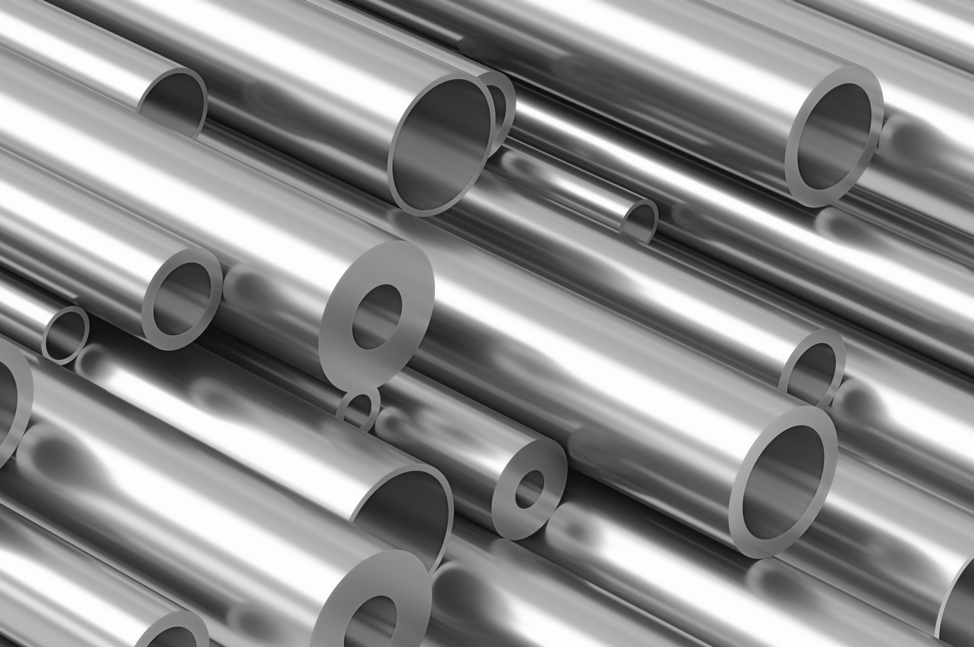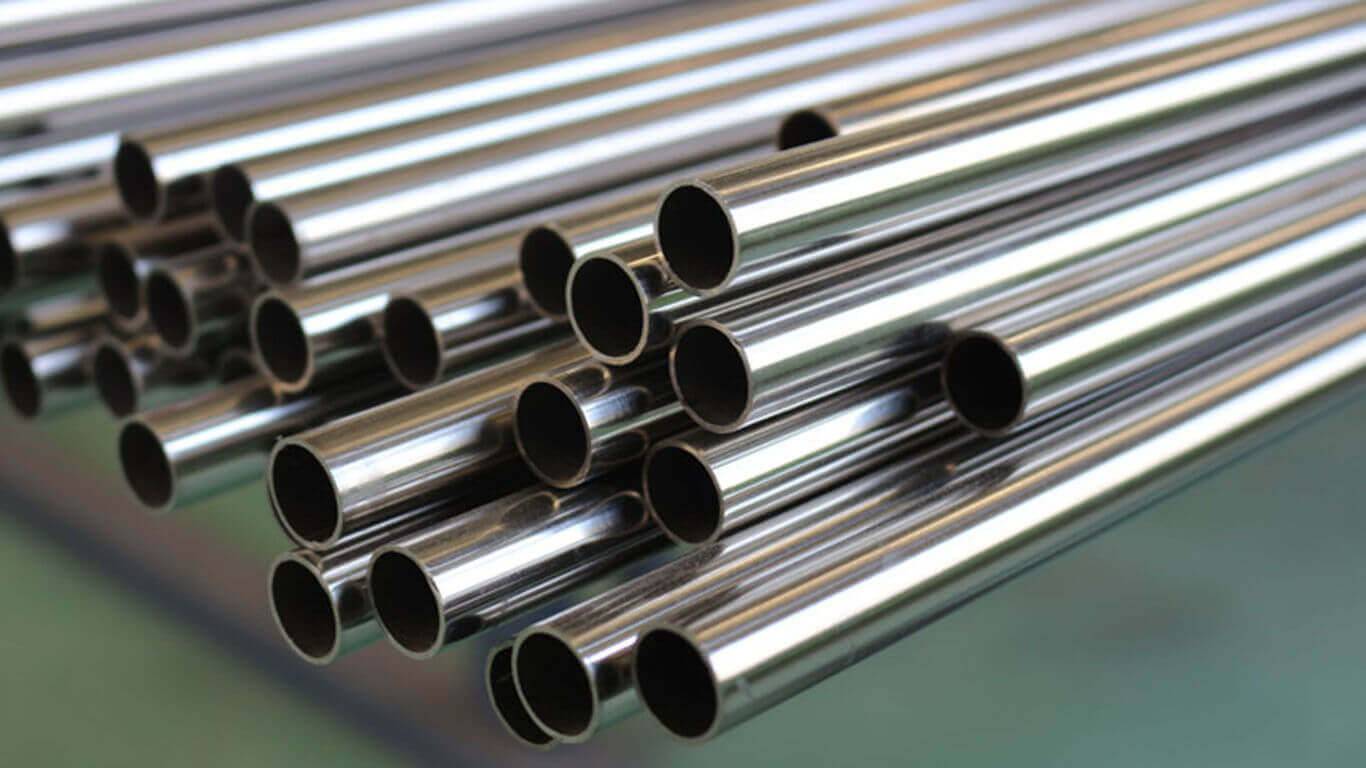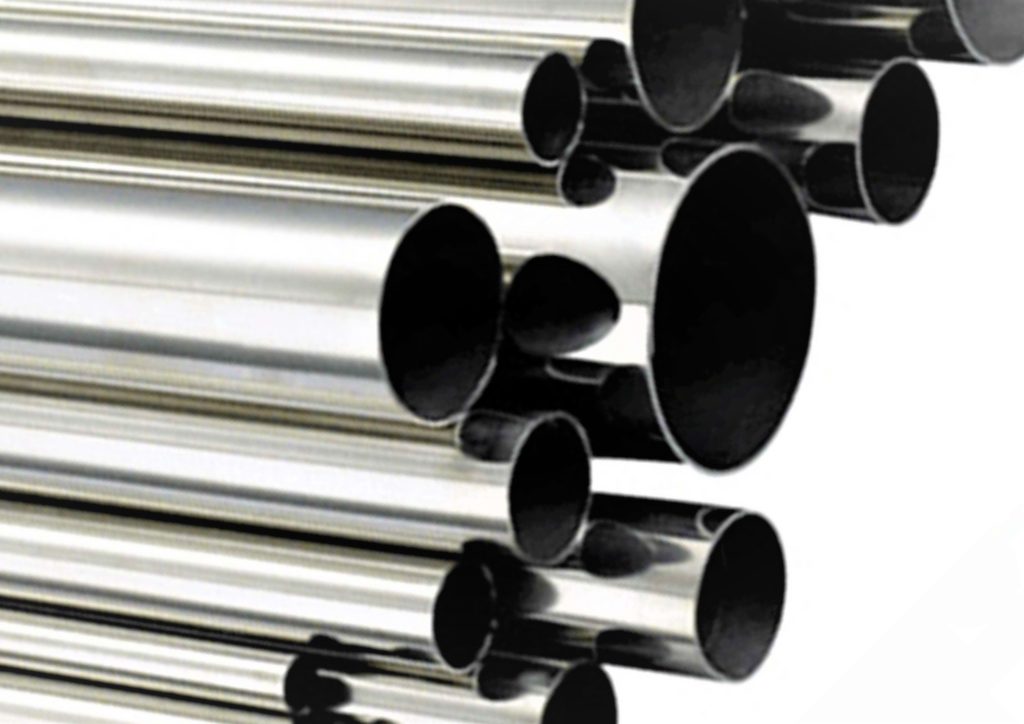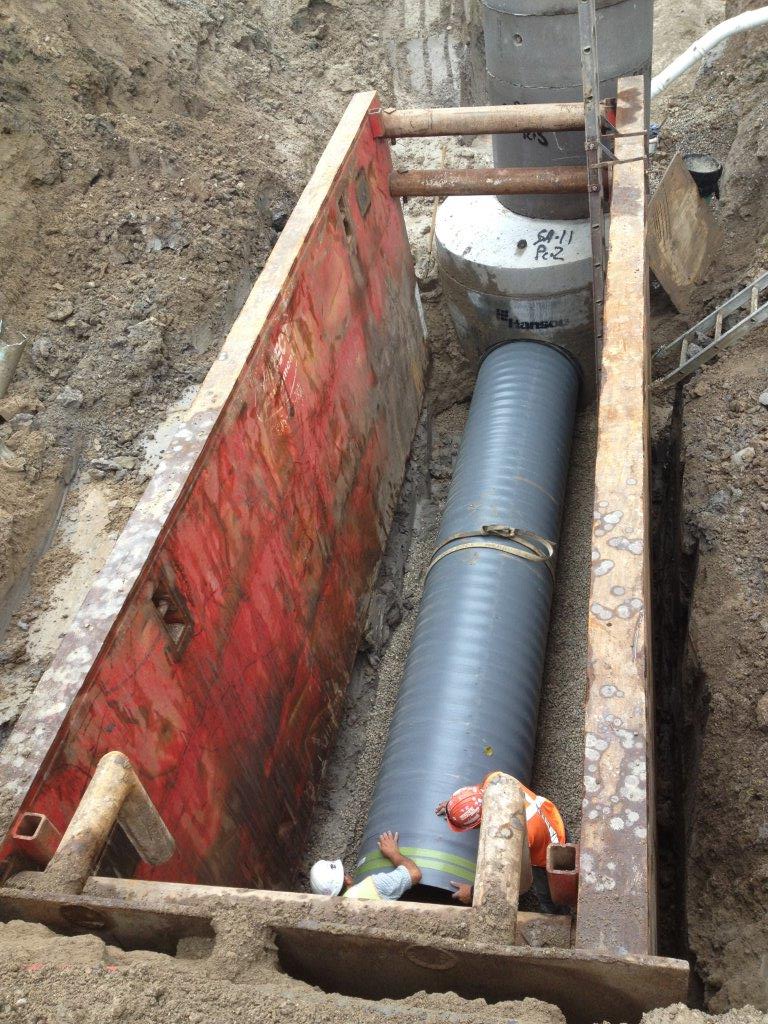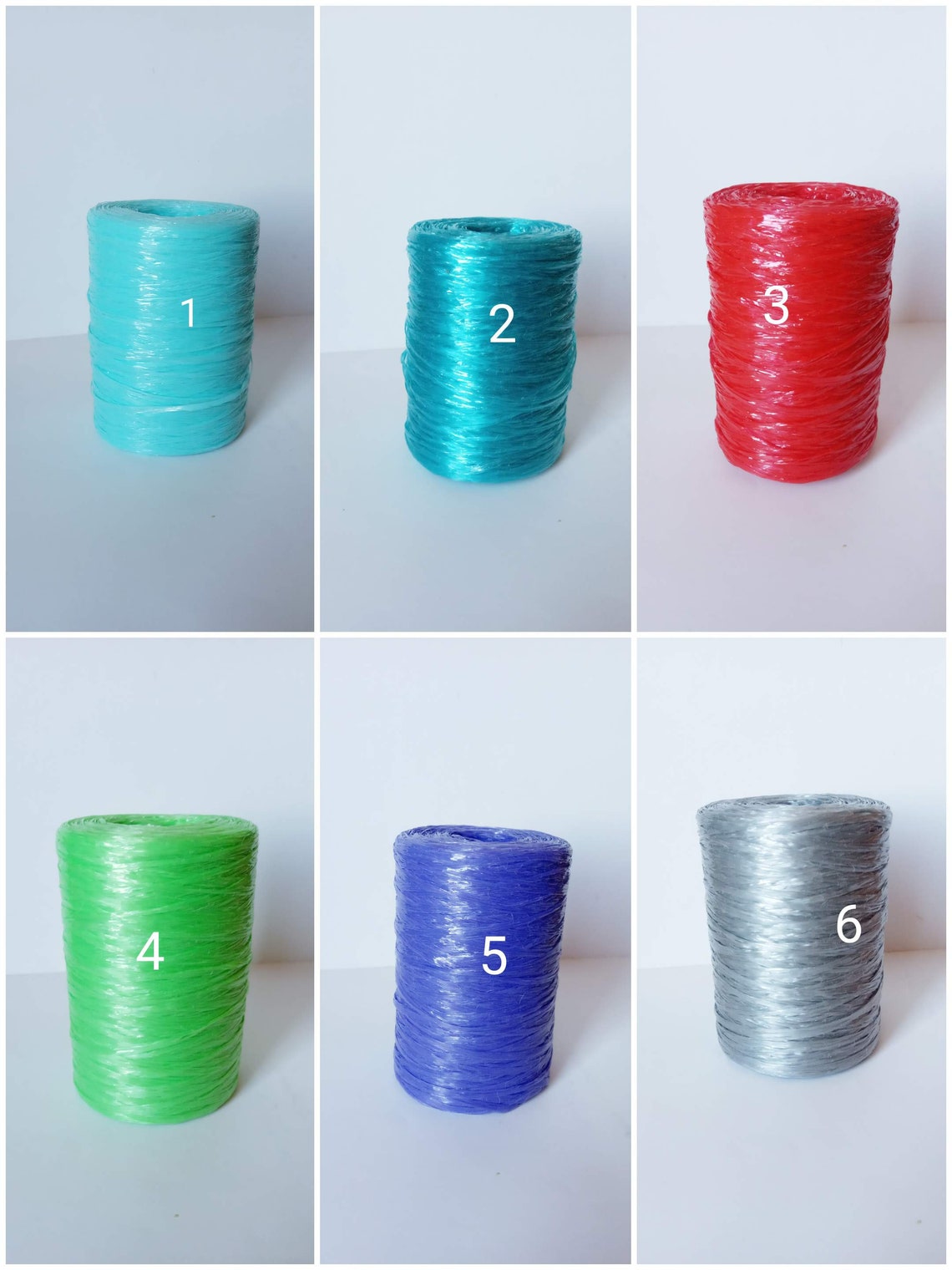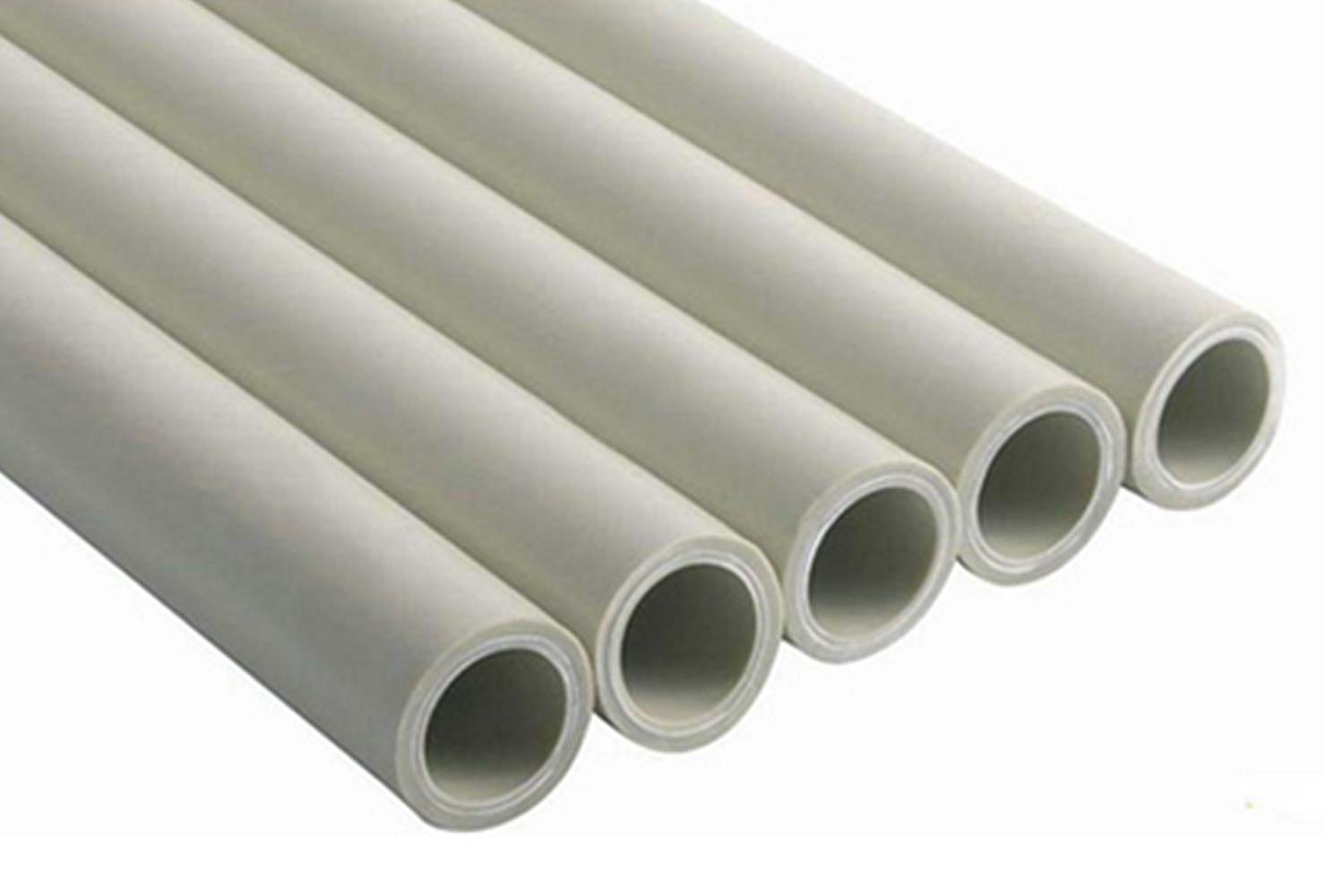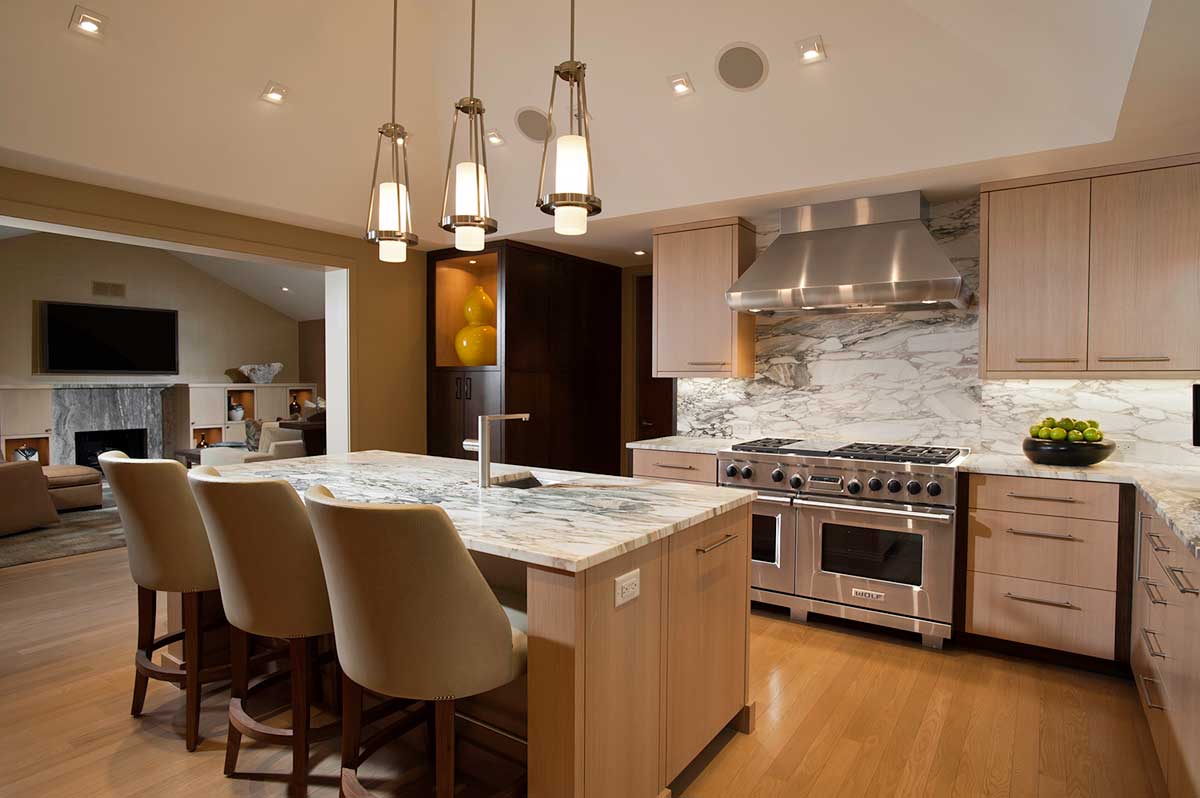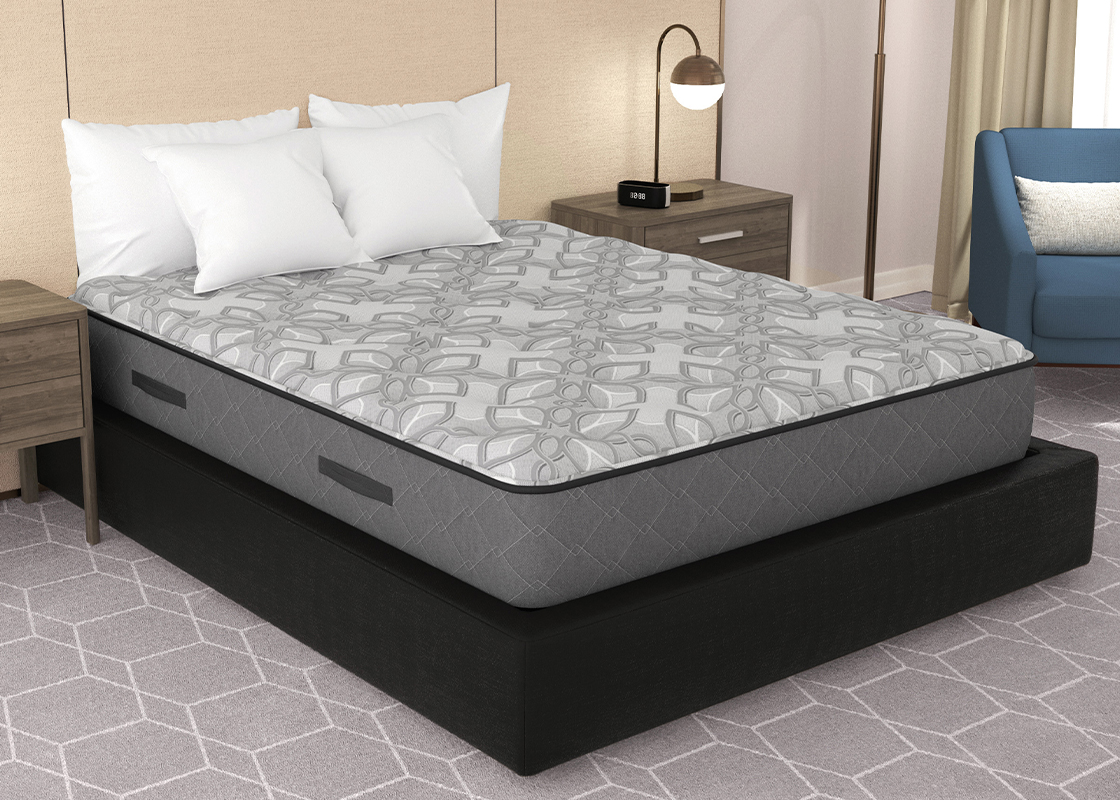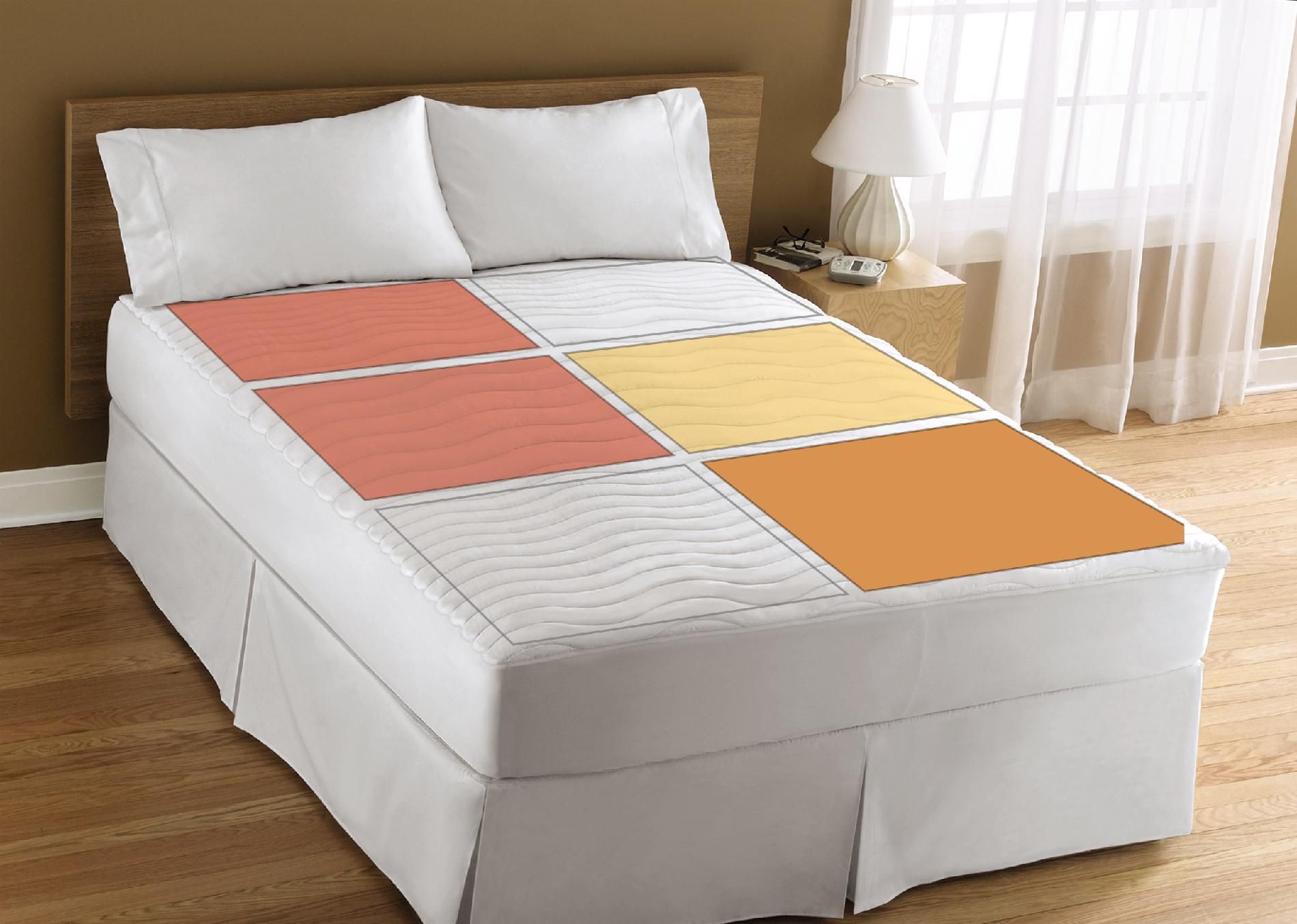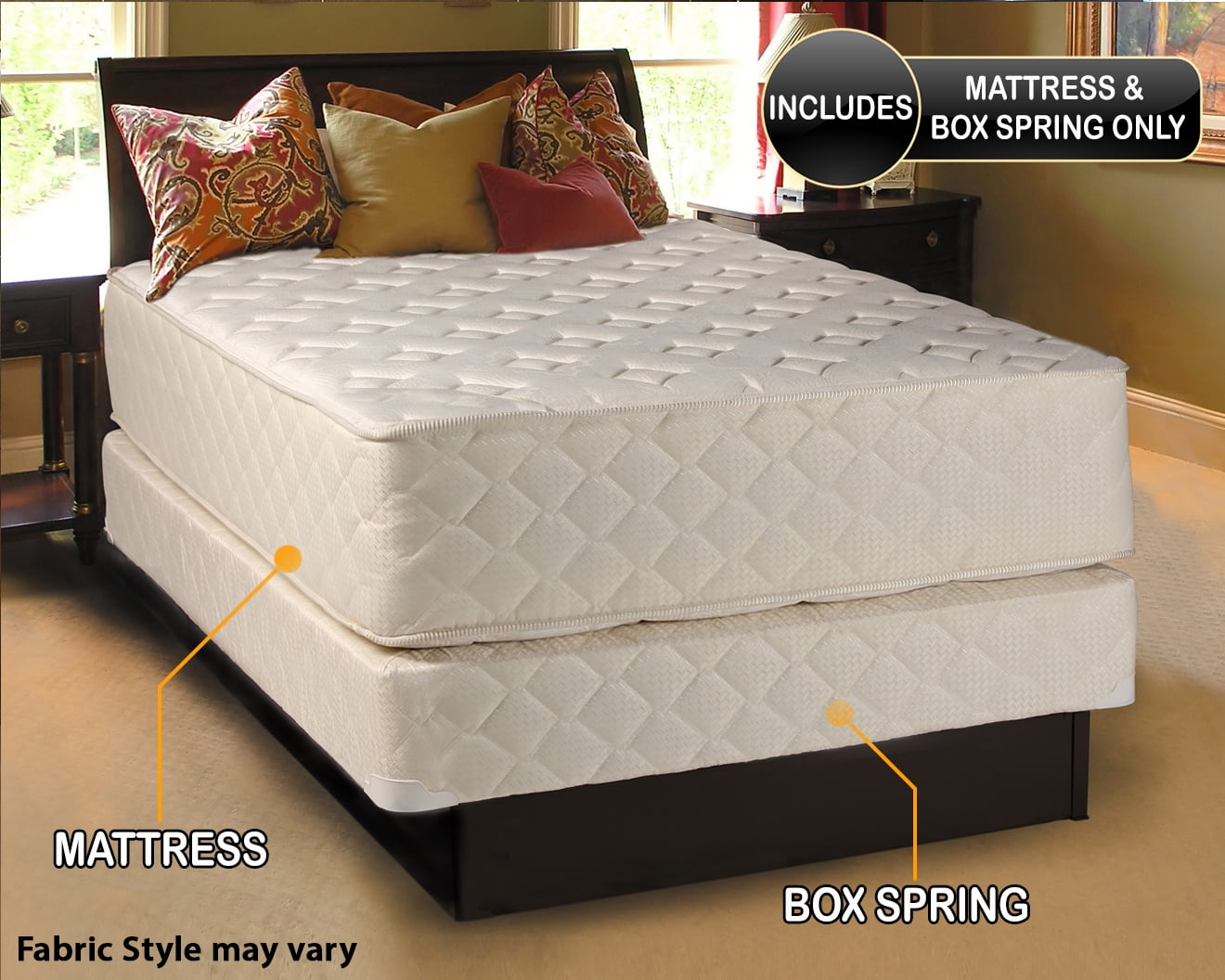When it comes to residential kitchen sinks, PVC pipes are a popular choice among homeowners and builders alike. PVC, or polyvinyl chloride, pipes are known for their durability, affordability, and ease of installation. These pipes are made from a combination of plastic and vinyl, making them resistant to corrosion and chemical damage. They are also lightweight, making them easy to work with during installation. One of the main benefits of using PVC pipes for your kitchen sink is their low cost. Compared to other types of pipes, PVC pipes are significantly cheaper, making them a budget-friendly option for homeowners. Additionally, PVC pipes are also very easy to find at any hardware store, making them a convenient choice for those who are looking to replace or install a new kitchen sink. Another advantage of PVC pipes is their versatility. They come in a wide range of sizes and can be used for both hot and cold water supply, making them suitable for any kitchen sink setup. They are also available in different colors, so you can choose one that matches your kitchen's aesthetic.1. PVC Pipe
For those who prioritize longevity and durability in their kitchen sink pipes, copper pipes are an excellent choice. These pipes are made from copper, which is known for its strength and resistance to corrosion. Copper pipes are also known for their ability to withstand extreme temperatures, making them suitable for both hot and cold water supply. One of the biggest advantages of using copper pipes for your kitchen sink is their long lifespan. These pipes can last for up to 50 years, making them a worthwhile investment for homeowners. They are also environmentally friendly, as they are 100% recyclable. Copper pipes are also a great choice for those looking for a low-maintenance option. They are resistant to bacteria and do not require frequent cleaning, unlike other types of pipes. This makes them a hygienic choice for your kitchen sink.2. Copper Pipe
PEX pipes, or cross-linked polyethylene pipes, are a relatively new type of pipe that has gained popularity in recent years. These pipes are made from a flexible plastic material that is resistant to corrosion and chemicals. PEX pipes are also known for their ability to expand and contract, making them suitable for extreme temperatures. One of the main advantages of using PEX pipes for your kitchen sink is their flexibility. These pipes can bend and curve without the need for additional fittings, making them a great choice for complex plumbing setups. They are also easy to install, as they can be cut and connected with simple tools. PEX pipes are also highly durable and have a long lifespan. They are resistant to cracks, leaks, and bursts, making them a reliable choice for your kitchen sink. They are also more affordable than copper pipes, making them a budget-friendly option for homeowners.3. PEX Pipe
Galvanized steel pipes are another popular choice for kitchen sink pipes. These pipes are made from steel that is coated with a layer of zinc, making them resistant to rust and corrosion. They are also known for their strength and can withstand high water pressure. One of the main advantages of using galvanized steel pipes for your kitchen sink is their durability. These pipes can last for up to 70 years, making them a long-term investment for homeowners. They are also suitable for both hot and cold water supply, making them a versatile option. However, one thing to keep in mind when using galvanized steel pipes is that they can eventually rust and corrode over time. To prevent this, it is important to regularly inspect and maintain these pipes to ensure they are in good condition.4. Galvanized Steel Pipe
Cast iron pipes are known for their strength and durability, making them a reliable choice for kitchen sink pipes. These pipes are made from iron and are coated with a layer of asphalt or tar to prevent rust and corrosion. They are also known for their noise-reducing properties, making them a popular choice in buildings and apartments. One of the main benefits of using cast iron pipes for your kitchen sink is their ability to handle high water pressure. These pipes are also resistant to extreme temperatures and can withstand the weight of heavy objects, making them a durable choice for your sink setup. However, one downside of using cast iron pipes is their weight and difficulty in installation. These pipes are quite heavy and require specialized tools and equipment to install, making them more costly and time-consuming compared to other types of pipes.5. Cast Iron Pipe
ABS pipes, or acrylonitrile butadiene styrene pipes, are a type of plastic pipe that is known for its durability and impact resistance. These pipes are commonly used for drainage systems but can also be used for kitchen sink pipes. They are lightweight, making them easy to work with during installation. One of the main advantages of using ABS pipes for your kitchen sink is their resistance to chemicals and extreme temperatures. They are also resistant to bacterial growth, making them a hygienic choice for your sink setup. Additionally, ABS pipes are also affordable, making them a budget-friendly option for homeowners. However, one thing to keep in mind when using ABS pipes is that they are not suitable for hot water supply. They can also become brittle over time and may crack or break under high pressure, so regular maintenance is important to ensure their longevity.6. ABS Pipe
Polyethylene pipes, also known as PE pipes, are a type of plastic pipe that is commonly used for water supply and drainage systems. These pipes are made from high-density polyethylene and are known for their flexibility, durability, and resistance to corrosion and chemicals. One of the main advantages of using polyethylene pipes for your kitchen sink is their long lifespan. These pipes can last for up to 100 years, making them a reliable and long-term investment for homeowners. They are also resistant to leaks and cracks, making them a low-maintenance option. PE pipes are also lightweight, making them easy to work with during installation. They are also environmentally friendly, as they are 100% recyclable and do not release any harmful chemicals into the environment.7. Polyethylene Pipe
CPVC pipes, or chlorinated polyvinyl chloride pipes, are a type of plastic pipe that is known for its strength and resistance to high temperatures. These pipes are commonly used for hot water supply and are also suitable for kitchen sink pipes. They are also resistant to corrosion and chemicals, making them a durable choice. One of the main advantages of using CPVC pipes for your kitchen sink is their ability to handle high temperatures. These pipes can withstand temperatures of up to 200 degrees Fahrenheit, making them perfect for hot water supply. They are also easy to install and can be cut and connected with simple tools. However, one downside of using CPVC pipes is that they are not suitable for cold water supply, as they can become brittle and crack under extreme cold temperatures. They are also more expensive than other types of plastic pipes.8. CPVC Pipe
Stainless steel pipes are a popular choice for kitchen sink pipes due to their strength, durability, and resistance to corrosion and chemicals. These pipes are made from a combination of steel and chromium, making them highly resistant to rust and deterioration. They are also known for their sleek and modern appearance, making them a stylish choice for your kitchen sink setup. One of the main benefits of using stainless steel pipes for your kitchen sink is their long lifespan. These pipes can last for up to 100 years, making them a worthwhile investment for homeowners. They are also resistant to extreme temperatures and can withstand high water pressure. However, one thing to keep in mind when using stainless steel pipes is that they can be more expensive compared to other types of pipes. They also require specialized tools and equipment for installation, making them more time-consuming and costly.9. Stainless Steel Pipe
Polypropylene pipes, also known as PP pipes, are a type of plastic pipe that is commonly used in residential plumbing systems. These pipes are made from a thermoplastic material that is resistant to corrosion and chemicals. They are also lightweight, making them easy to work with during installation. One of the main advantages of using polypropylene pipes for your kitchen sink is their resistance to chemicals and extreme temperatures. They are also known for their flexibility, making them suitable for complex plumbing setups. Additionally, PP pipes are also affordable, making them a budget-friendly option for homeowners. In conclusion, when it comes to choosing the best pipe for your residential kitchen sink, there are many factors to consider, such as durability, cost, and versatility. Each type of pipe has its own unique advantages and disadvantages, so it is important to do your research and choose one that best suits your needs and budget.10. Polypropylene Pipe
The Best Pipe for Your Residential Kitchen Sink
/how-to-install-a-sink-drain-2718789-hero-24e898006ed94c9593a2a268b57989a3.jpg)
Why Choosing the Right Pipe Matters
 When it comes to designing your dream kitchen, every detail counts. From the layout to the appliances, each element plays an important role in creating a functional and visually appealing space. One area that can often be overlooked is the choice of
pipe
for your
residential kitchen sink
. However, this seemingly small decision can have a big impact on the overall functionality and durability of your kitchen. So, it's important to know what to look for when choosing the best pipe for your kitchen sink.
When it comes to designing your dream kitchen, every detail counts. From the layout to the appliances, each element plays an important role in creating a functional and visually appealing space. One area that can often be overlooked is the choice of
pipe
for your
residential kitchen sink
. However, this seemingly small decision can have a big impact on the overall functionality and durability of your kitchen. So, it's important to know what to look for when choosing the best pipe for your kitchen sink.
The Importance of Material
 One of the key factors to consider when selecting a pipe for your kitchen sink is the material it is made from. Two of the most common options are
PVC
and
CPVC
pipes. PVC pipes are made from a type of plastic that is known for its durability, affordability, and resistance to corrosion. On the other hand, CPVC pipes are made from a special type of PVC that is treated with chlorine, making it more heat and chemical resistant. Both of these materials are suitable for residential kitchen sinks, but it's important to consider the specific needs of your household to determine which one is the best fit.
One of the key factors to consider when selecting a pipe for your kitchen sink is the material it is made from. Two of the most common options are
PVC
and
CPVC
pipes. PVC pipes are made from a type of plastic that is known for its durability, affordability, and resistance to corrosion. On the other hand, CPVC pipes are made from a special type of PVC that is treated with chlorine, making it more heat and chemical resistant. Both of these materials are suitable for residential kitchen sinks, but it's important to consider the specific needs of your household to determine which one is the best fit.
Size Matters
 Another important factor to consider is the size of the pipe. The size of your pipe will impact the water flow and drainage capabilities of your kitchen sink. Generally, a 1 ½ inch diameter pipe is recommended for residential kitchen sinks. This size provides adequate water flow and drainage without taking up too much space in the cabinet below the sink. However, if you have a larger sink or a household that produces a lot of dishes, you may want to consider a 2 inch diameter pipe for better water flow.
Another important factor to consider is the size of the pipe. The size of your pipe will impact the water flow and drainage capabilities of your kitchen sink. Generally, a 1 ½ inch diameter pipe is recommended for residential kitchen sinks. This size provides adequate water flow and drainage without taking up too much space in the cabinet below the sink. However, if you have a larger sink or a household that produces a lot of dishes, you may want to consider a 2 inch diameter pipe for better water flow.
Consider the Location and Installation
 The location and installation of your kitchen sink can also play a role in determining the best pipe to use. If your sink is located far from the main water line, you may need a larger diameter pipe to ensure adequate water pressure. Additionally, the way the pipe is installed can affect its performance. For example, pipes that are not properly secured or have too many bends can cause clogs and slow drainage. It's important to consult with a professional plumber to ensure your pipe is installed correctly for optimal functionality.
The location and installation of your kitchen sink can also play a role in determining the best pipe to use. If your sink is located far from the main water line, you may need a larger diameter pipe to ensure adequate water pressure. Additionally, the way the pipe is installed can affect its performance. For example, pipes that are not properly secured or have too many bends can cause clogs and slow drainage. It's important to consult with a professional plumber to ensure your pipe is installed correctly for optimal functionality.
The Final Verdict
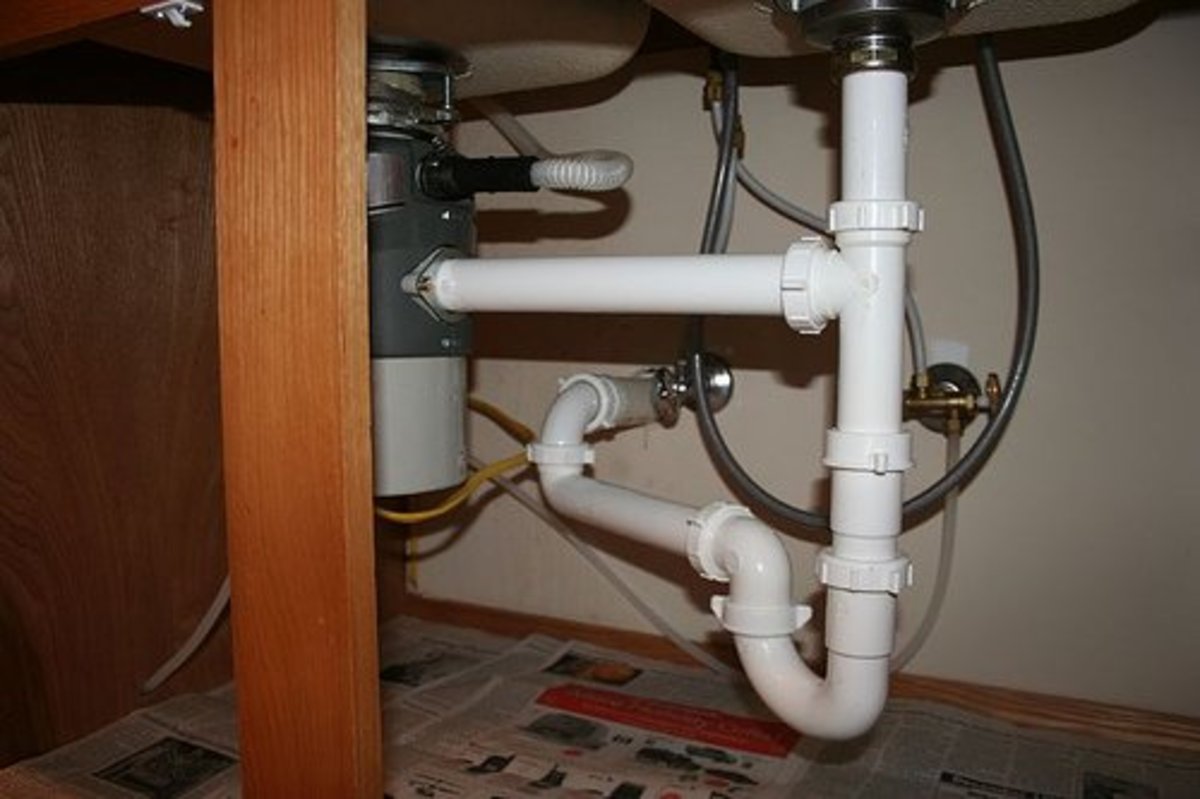 When it comes to choosing the best pipe for your residential kitchen sink, it's important to consider the materials, size, location, and installation. PVC and CPVC pipes are both viable options, with CPVC being more suitable for households with higher water usage. Ultimately, consulting with a professional plumber can help you make the best decision for your specific needs and ensure a functional and durable kitchen sink for years to come. Don't overlook the importance of choosing the right pipe for your kitchen sink – it's a small detail that can make a big difference.
When it comes to choosing the best pipe for your residential kitchen sink, it's important to consider the materials, size, location, and installation. PVC and CPVC pipes are both viable options, with CPVC being more suitable for households with higher water usage. Ultimately, consulting with a professional plumber can help you make the best decision for your specific needs and ensure a functional and durable kitchen sink for years to come. Don't overlook the importance of choosing the right pipe for your kitchen sink – it's a small detail that can make a big difference.






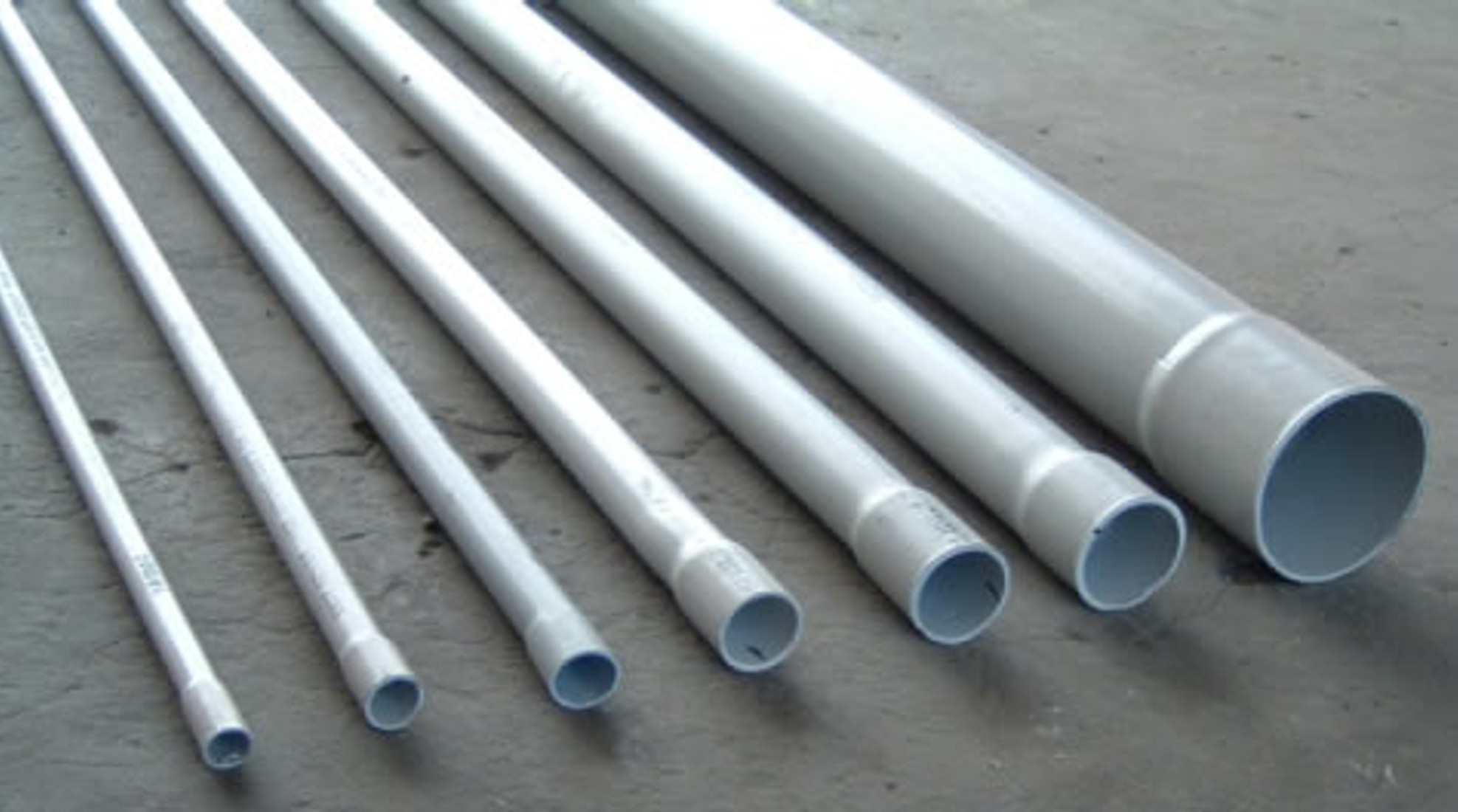
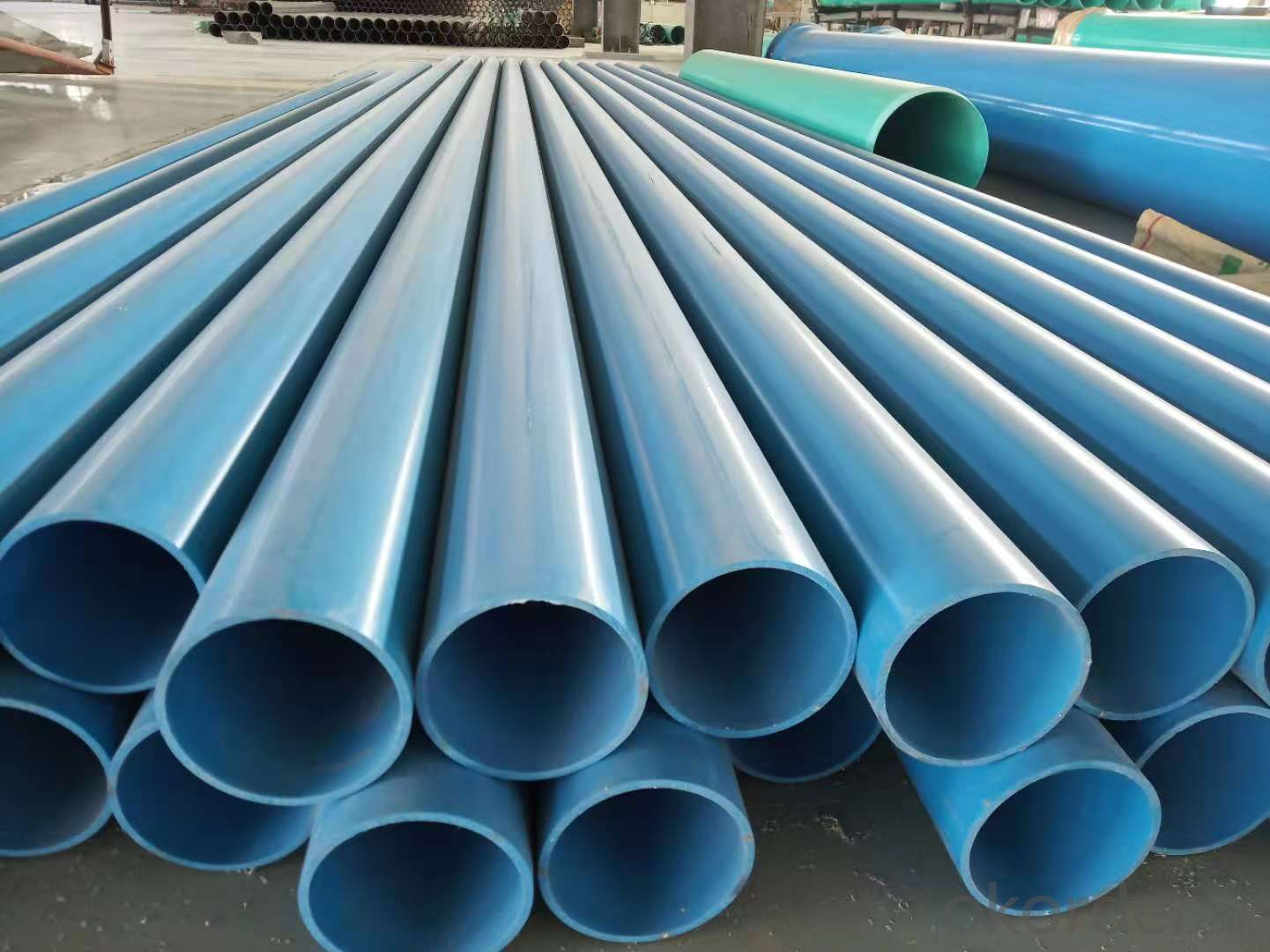


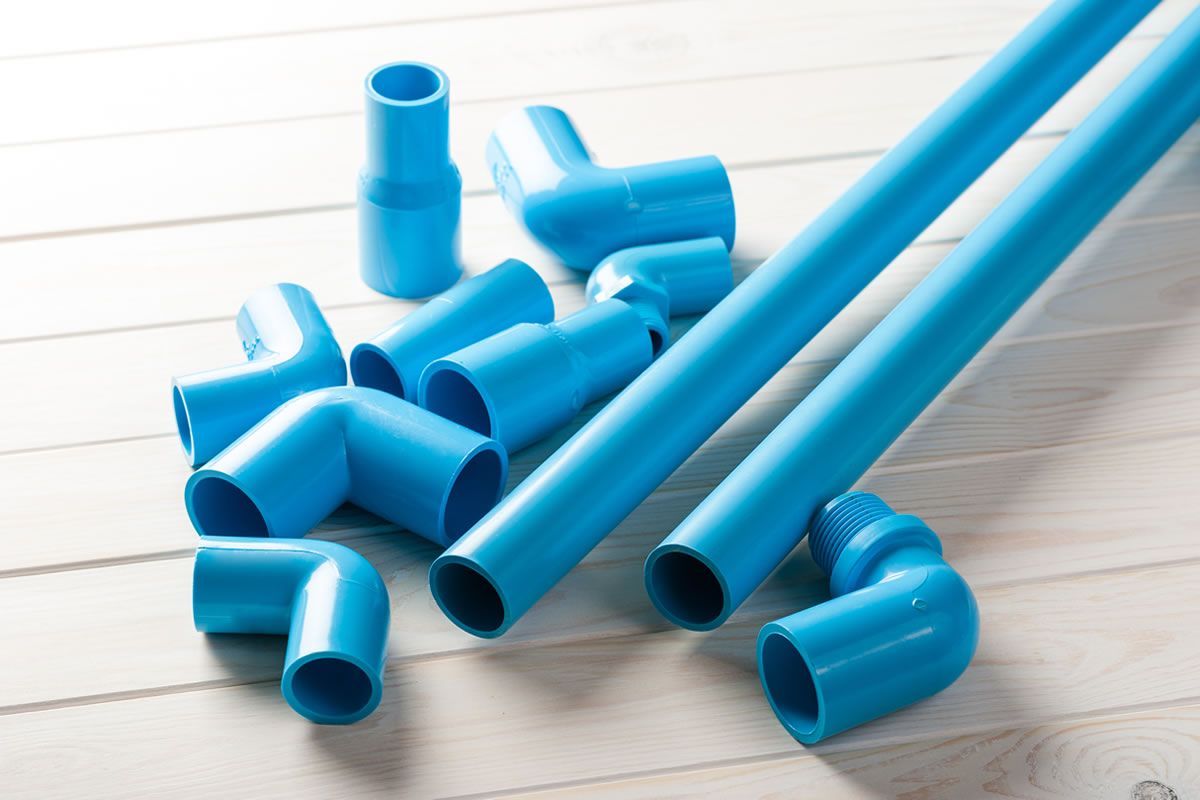
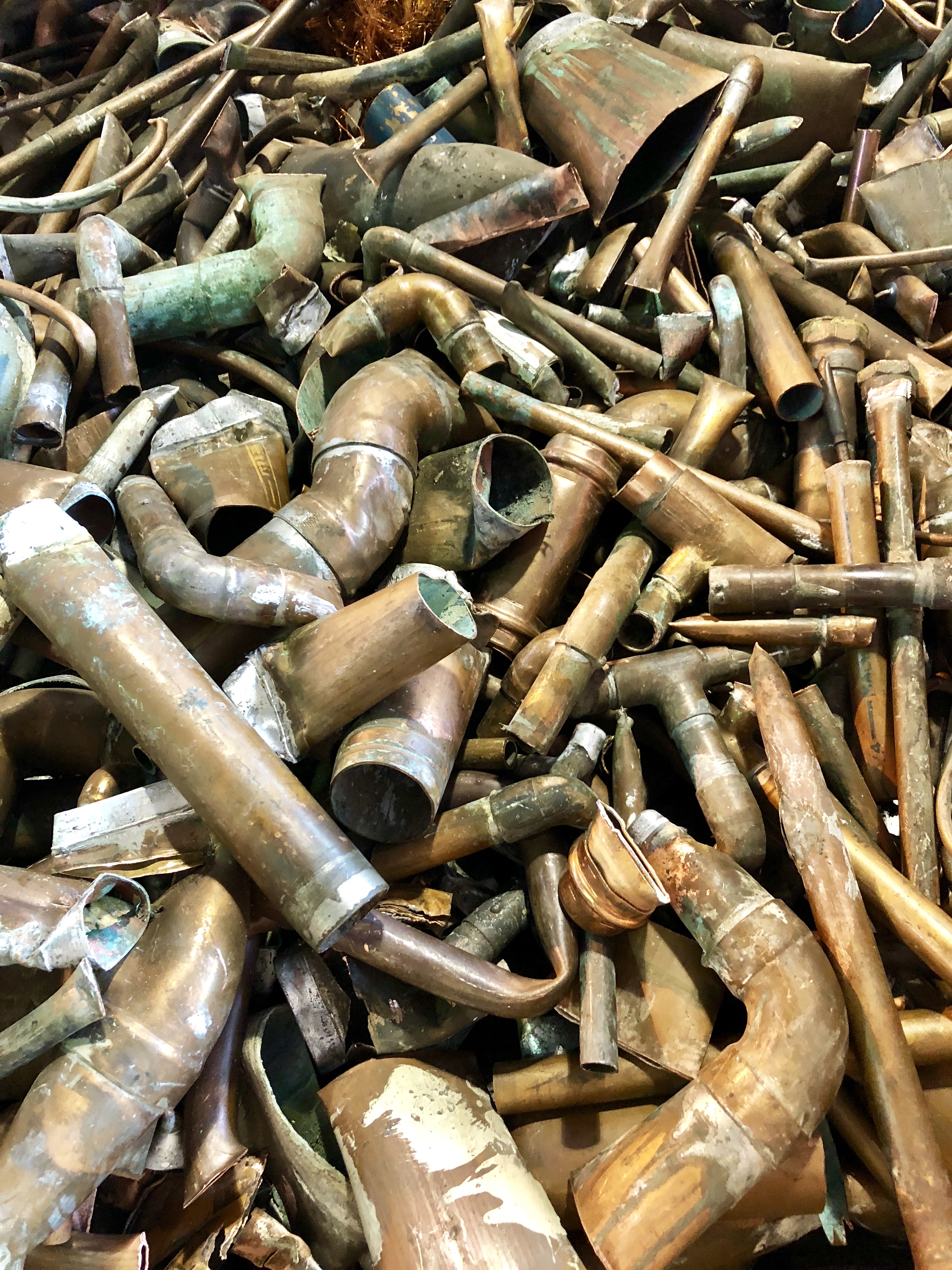
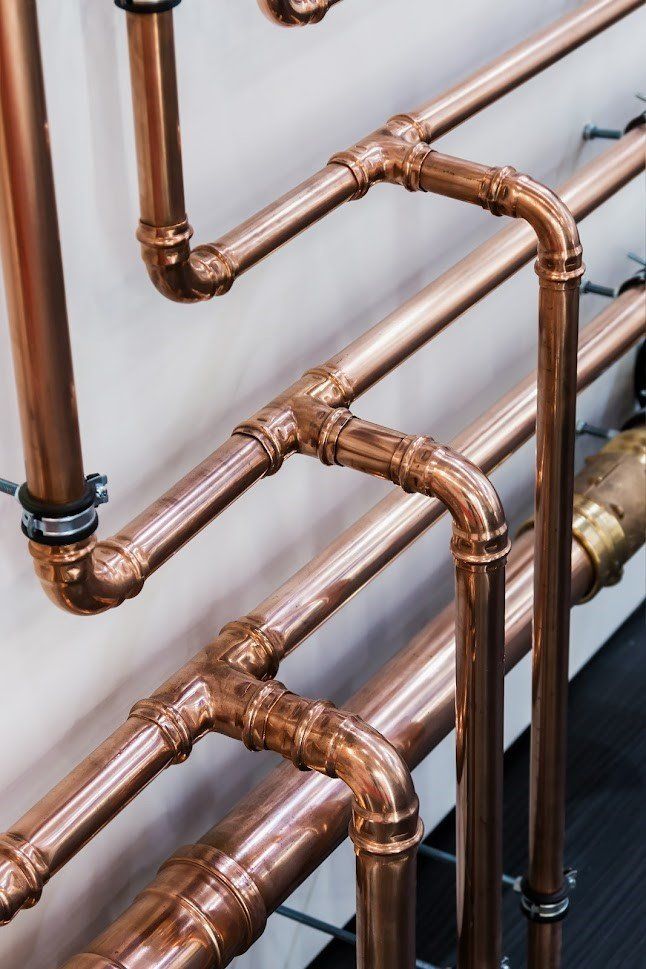
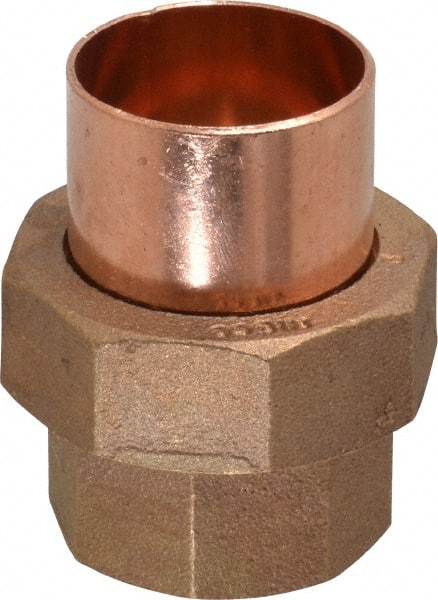
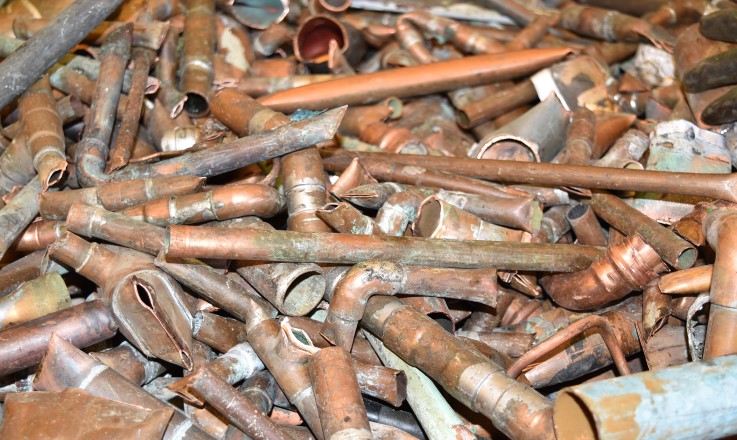
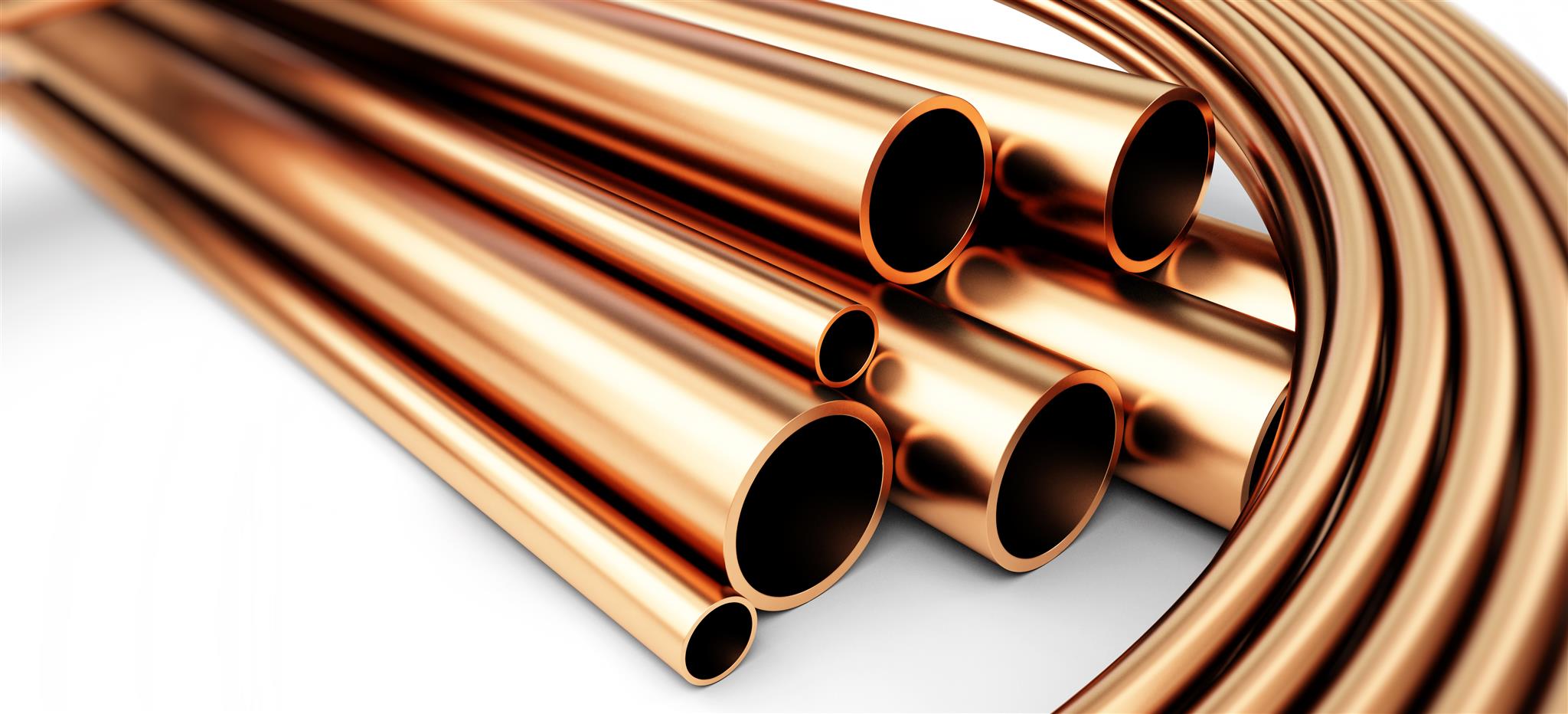

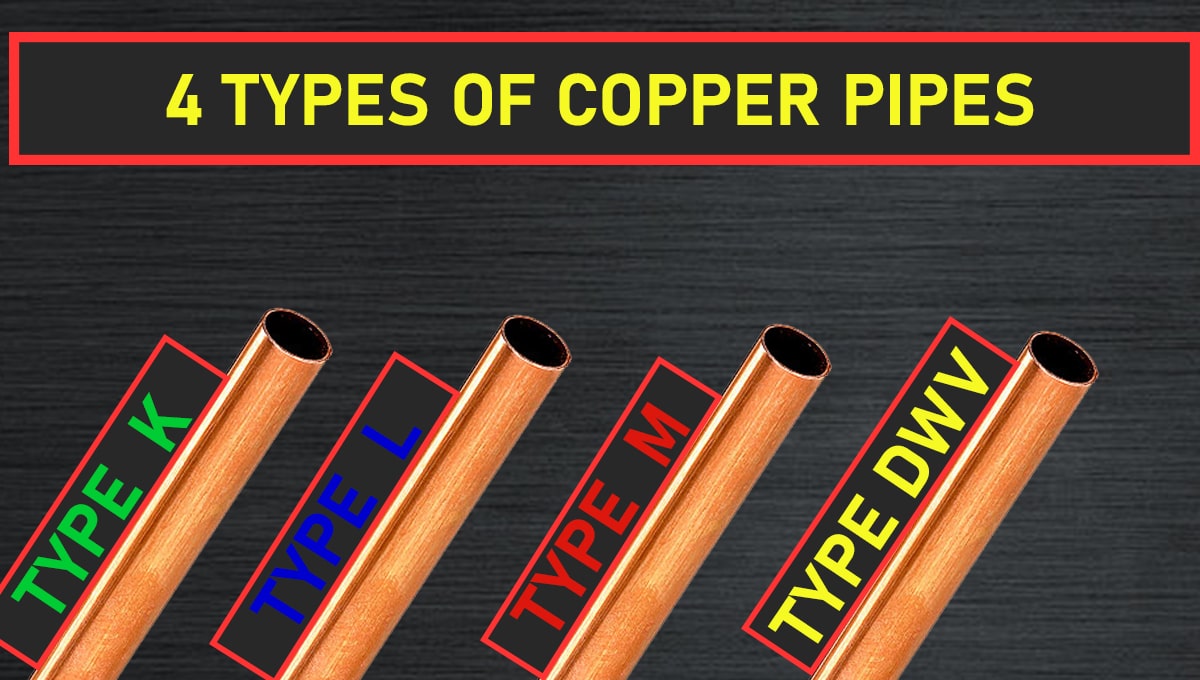

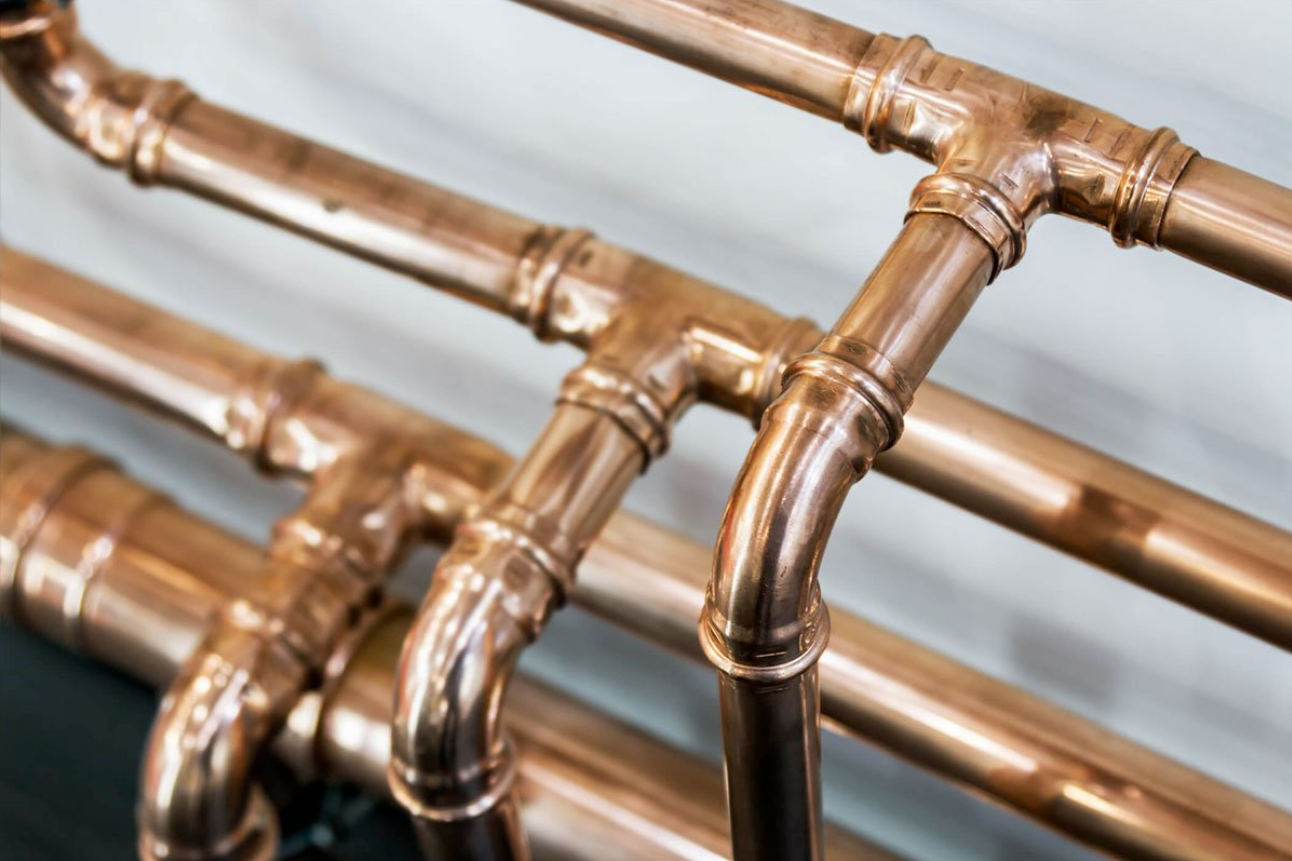
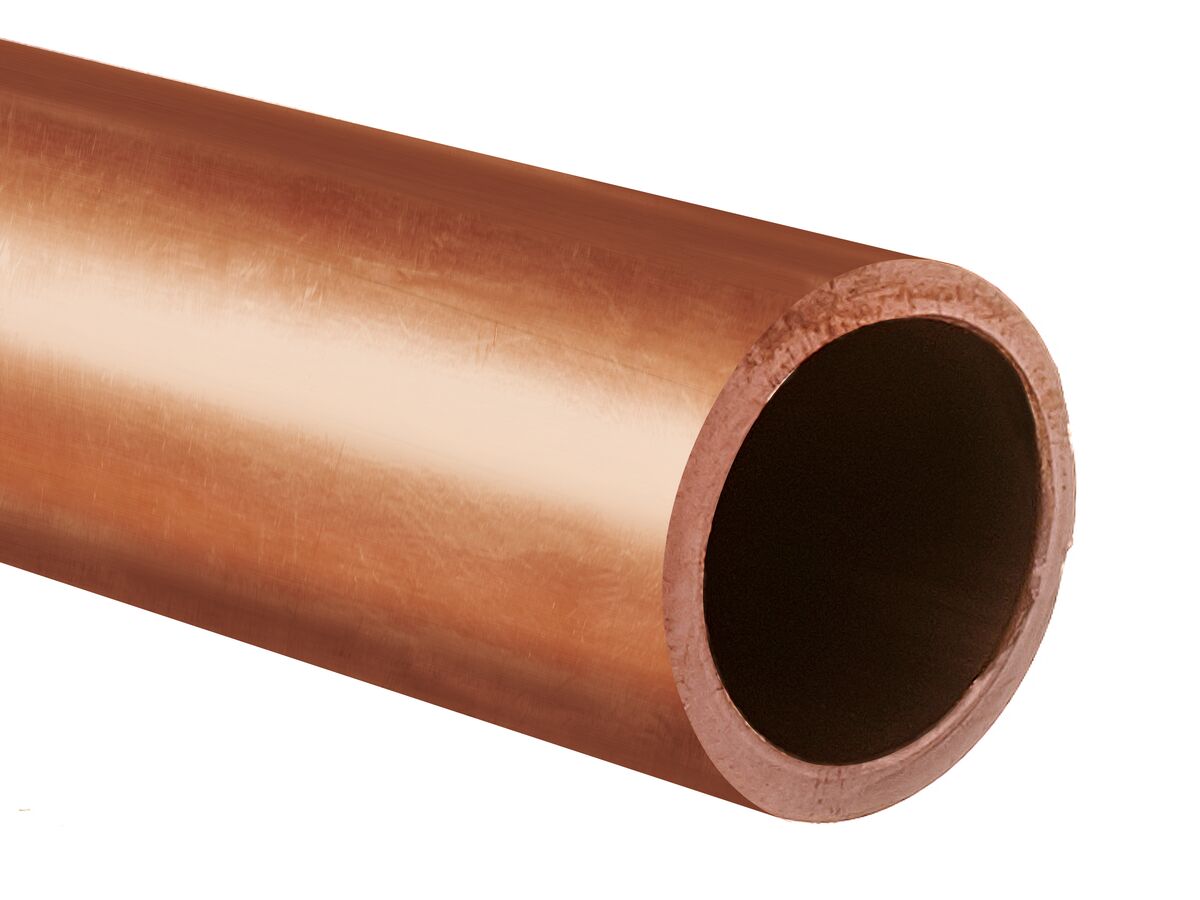
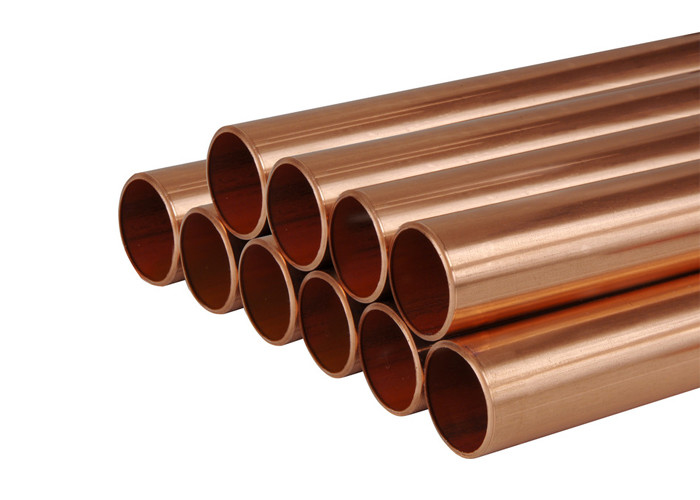
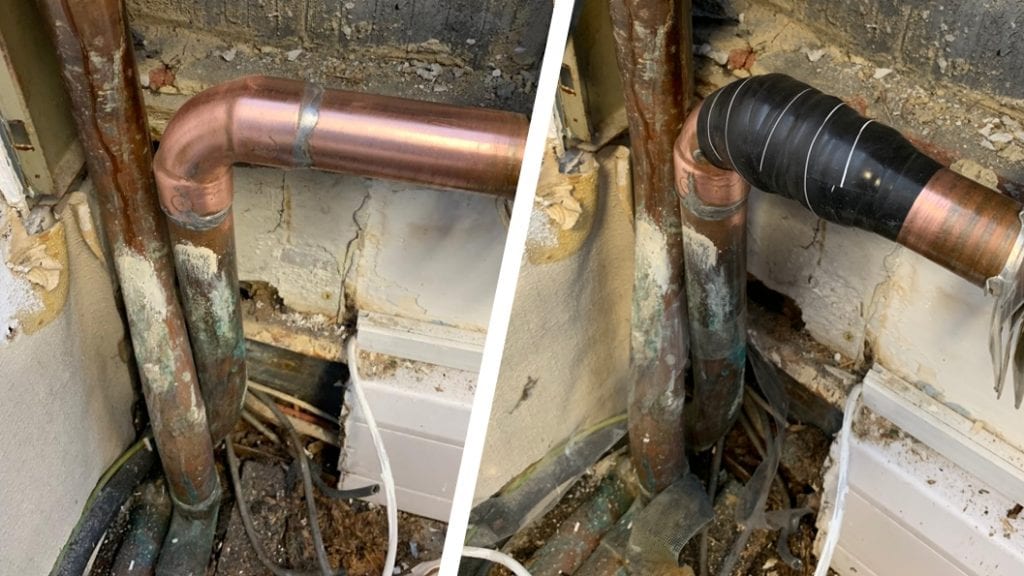

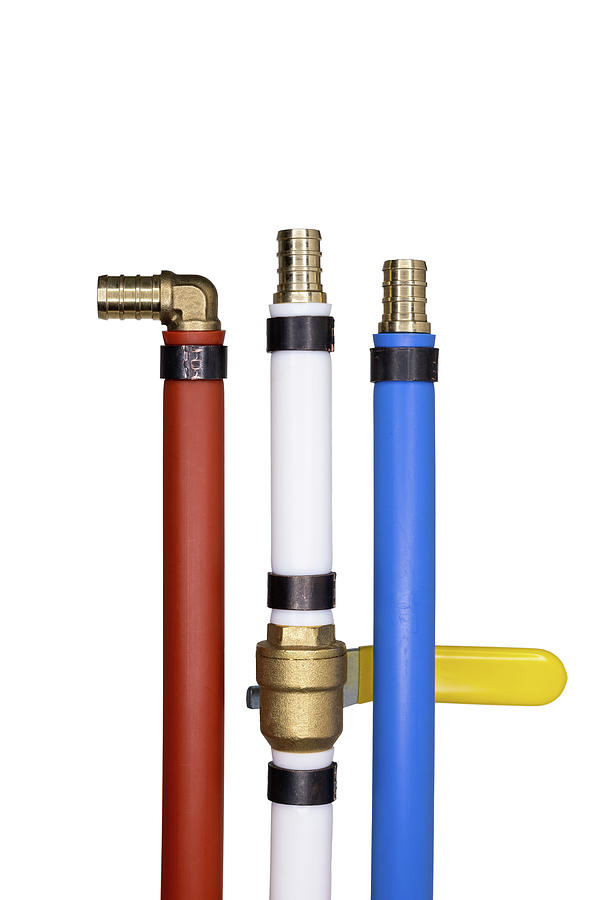
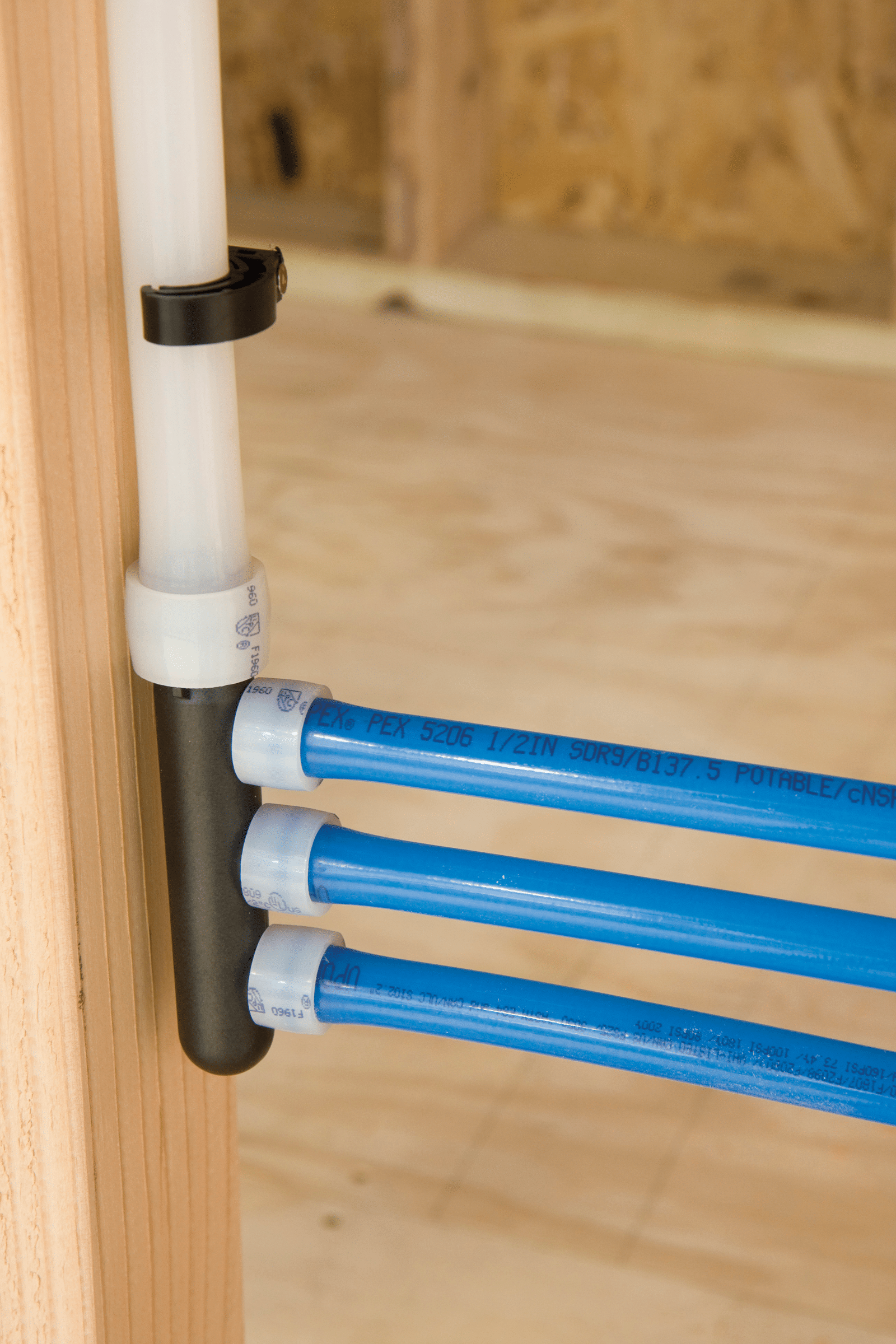




/PEXandCopper-565bd9275f9b5835e4707ec0.jpg)


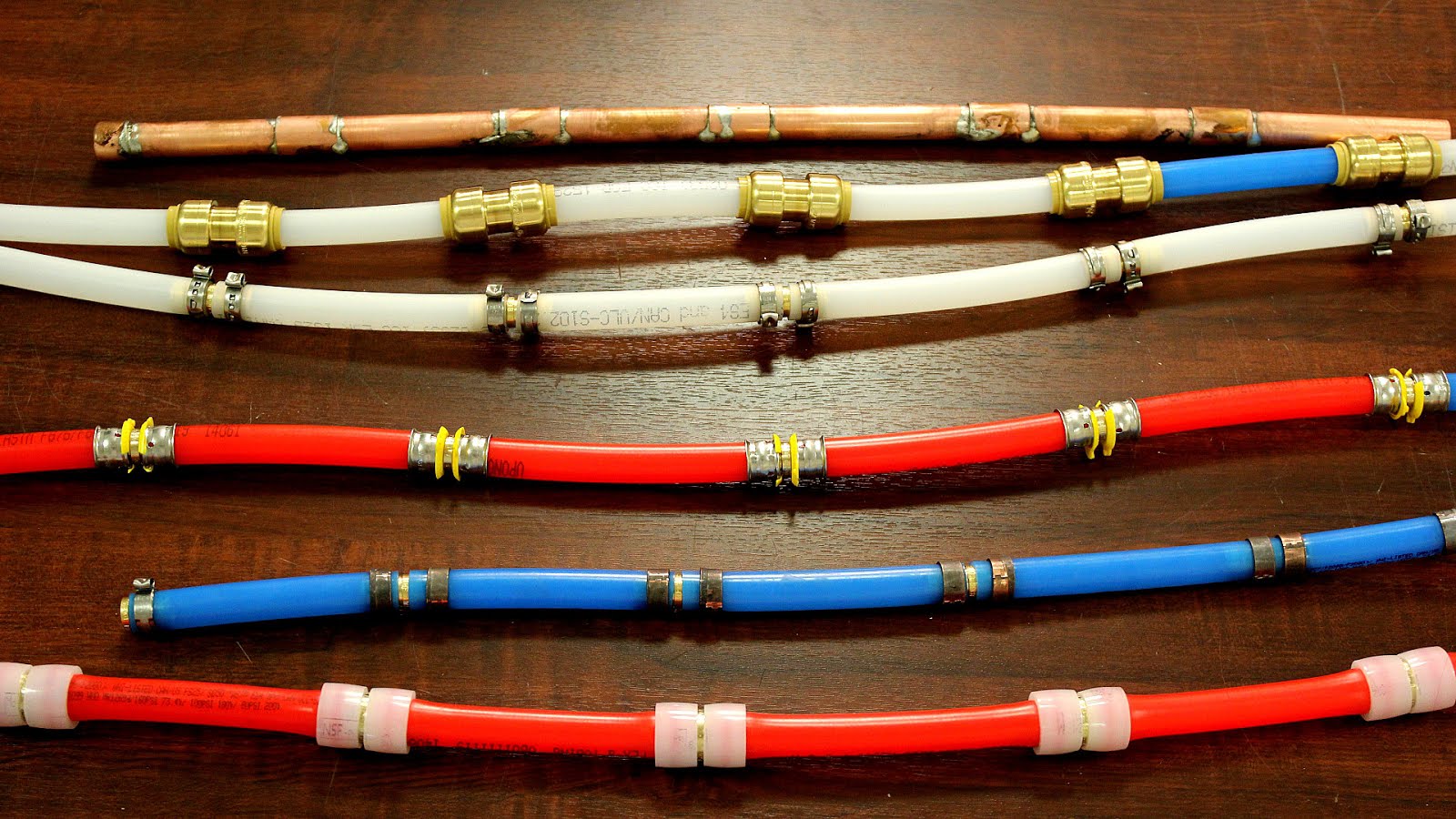




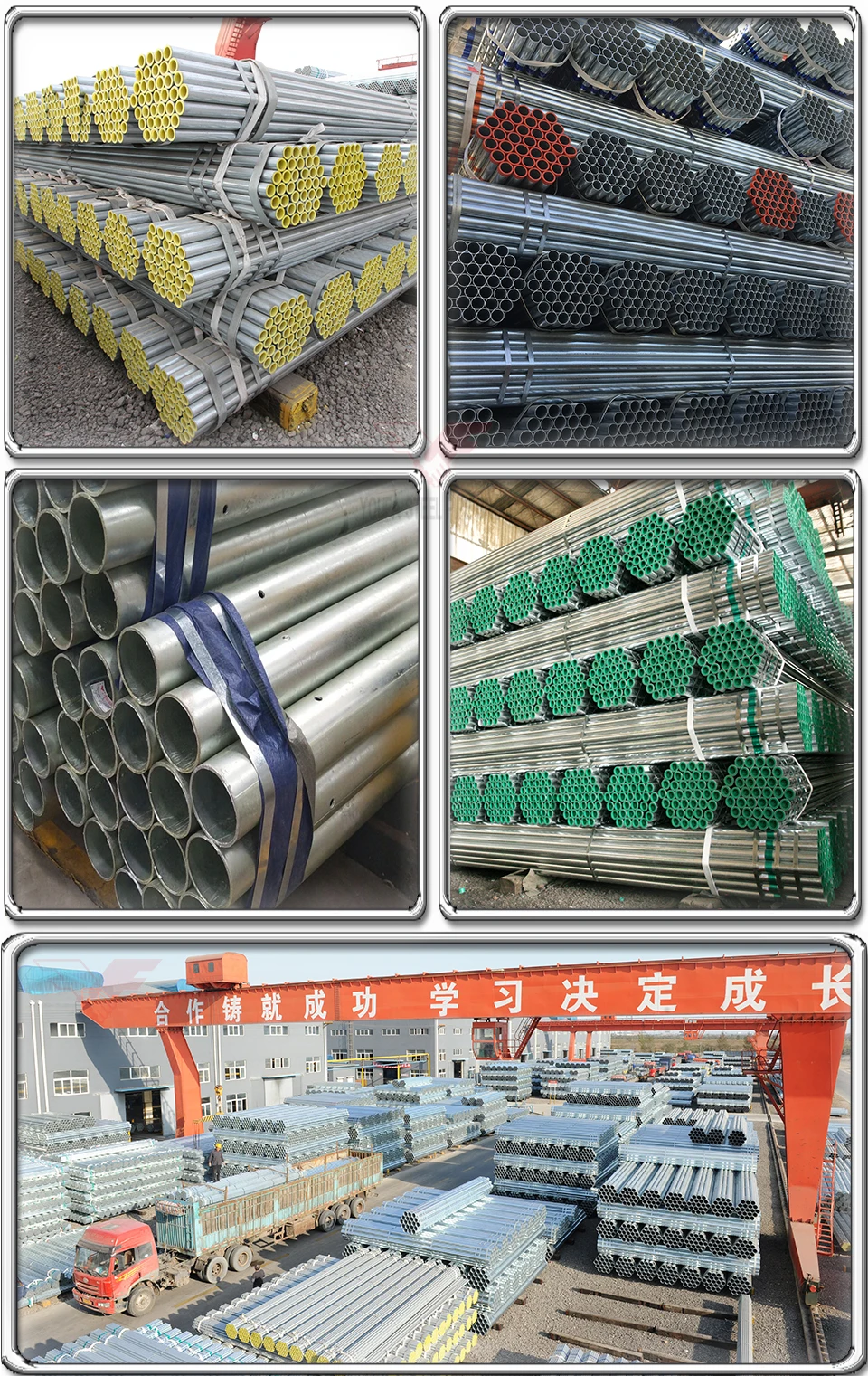
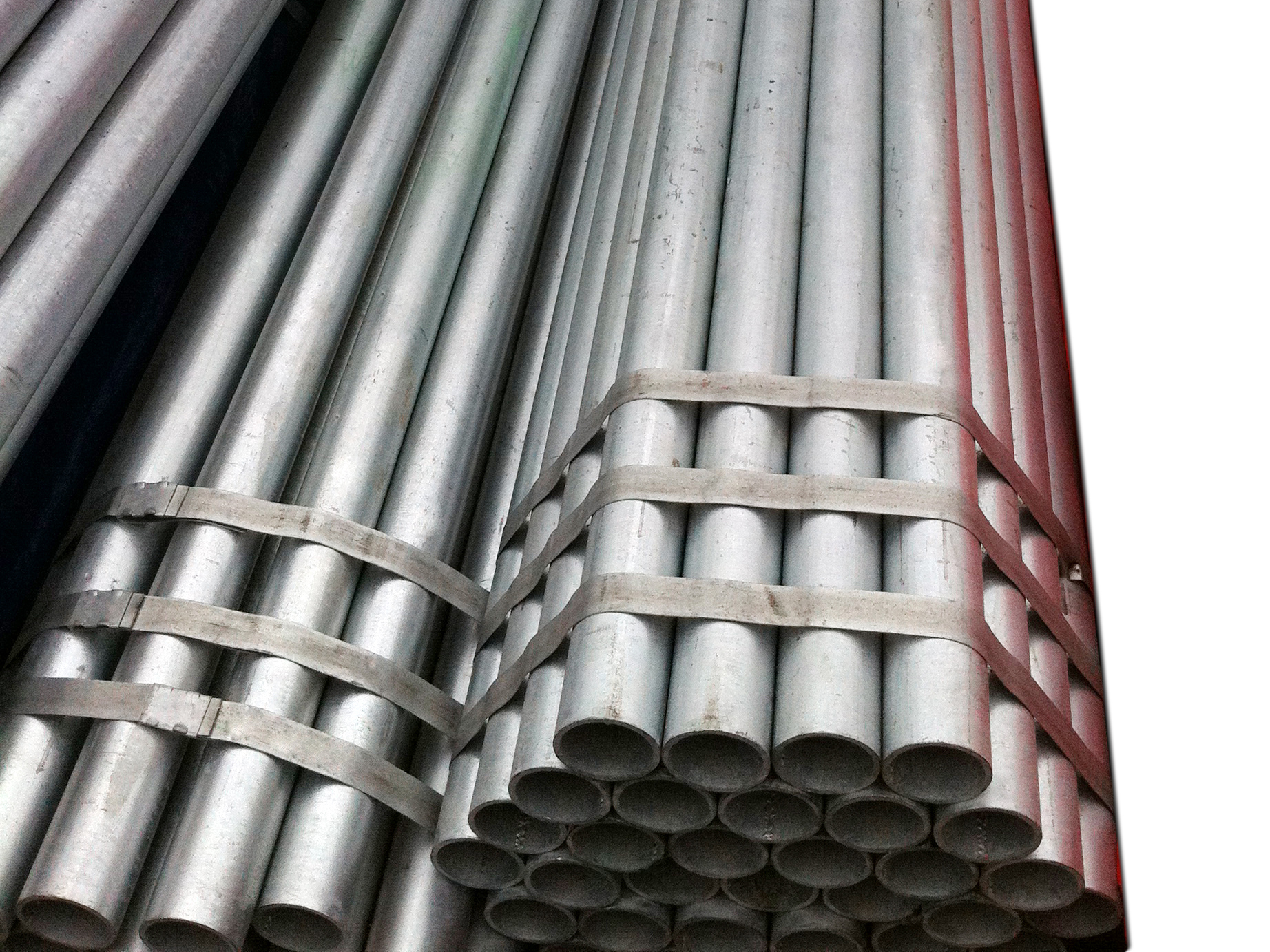
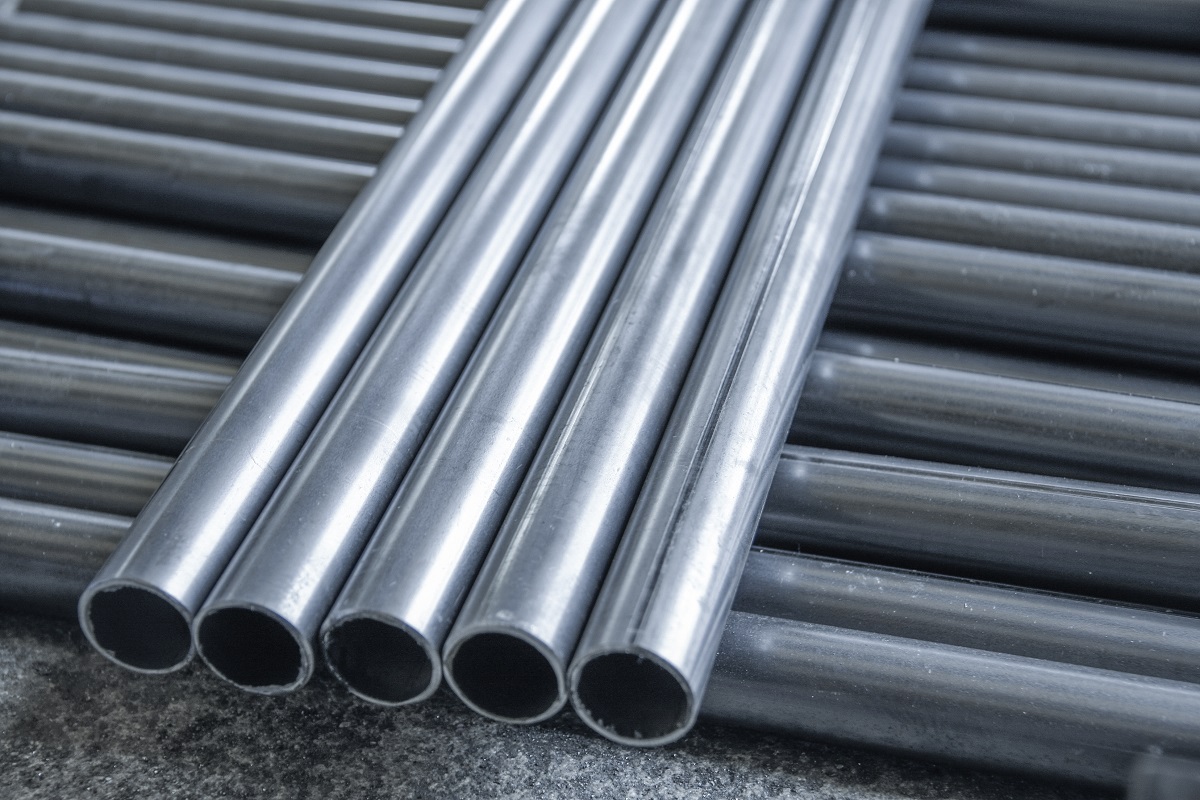


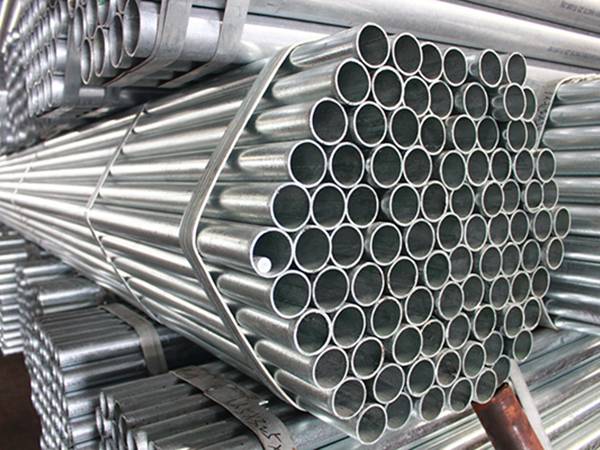
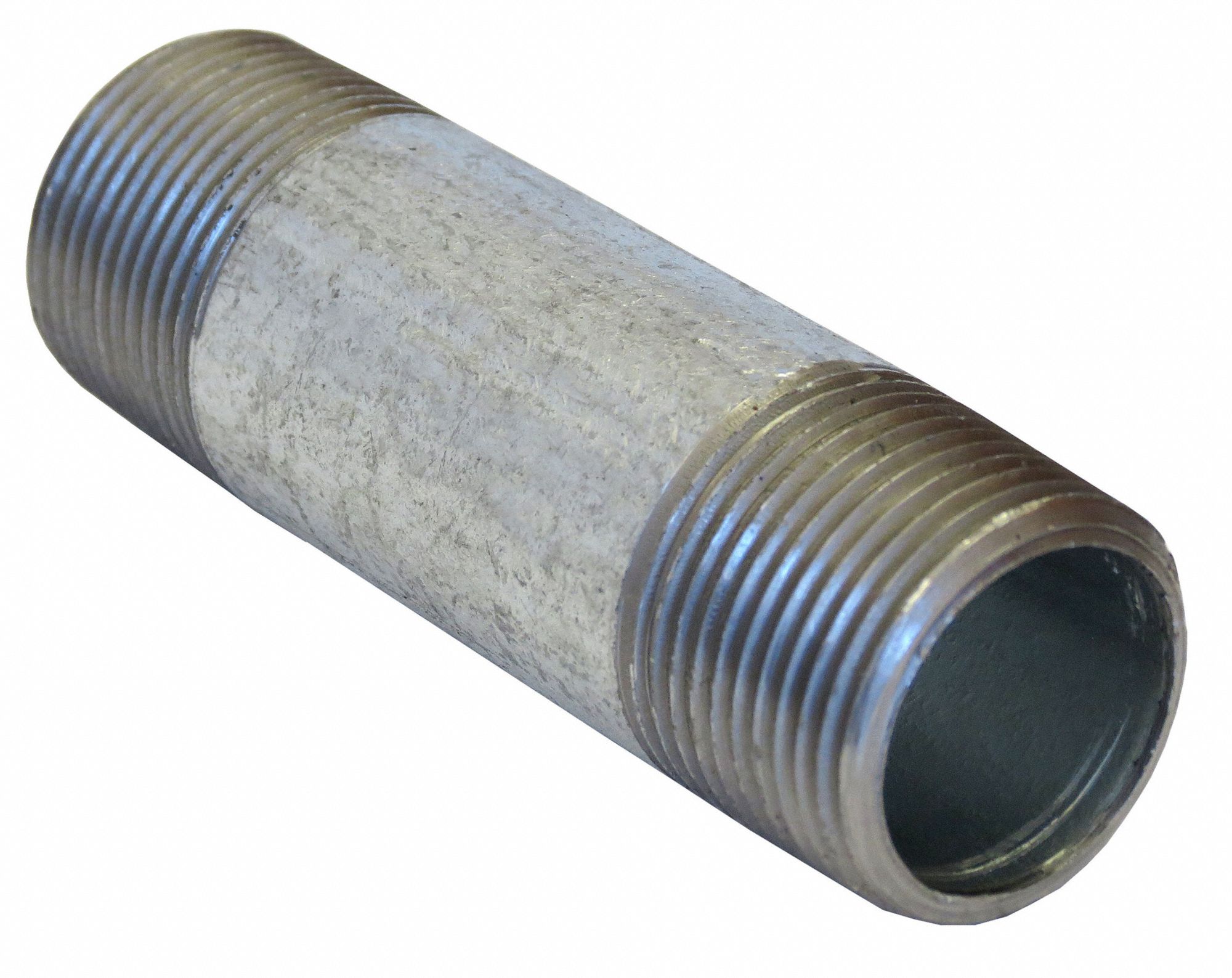
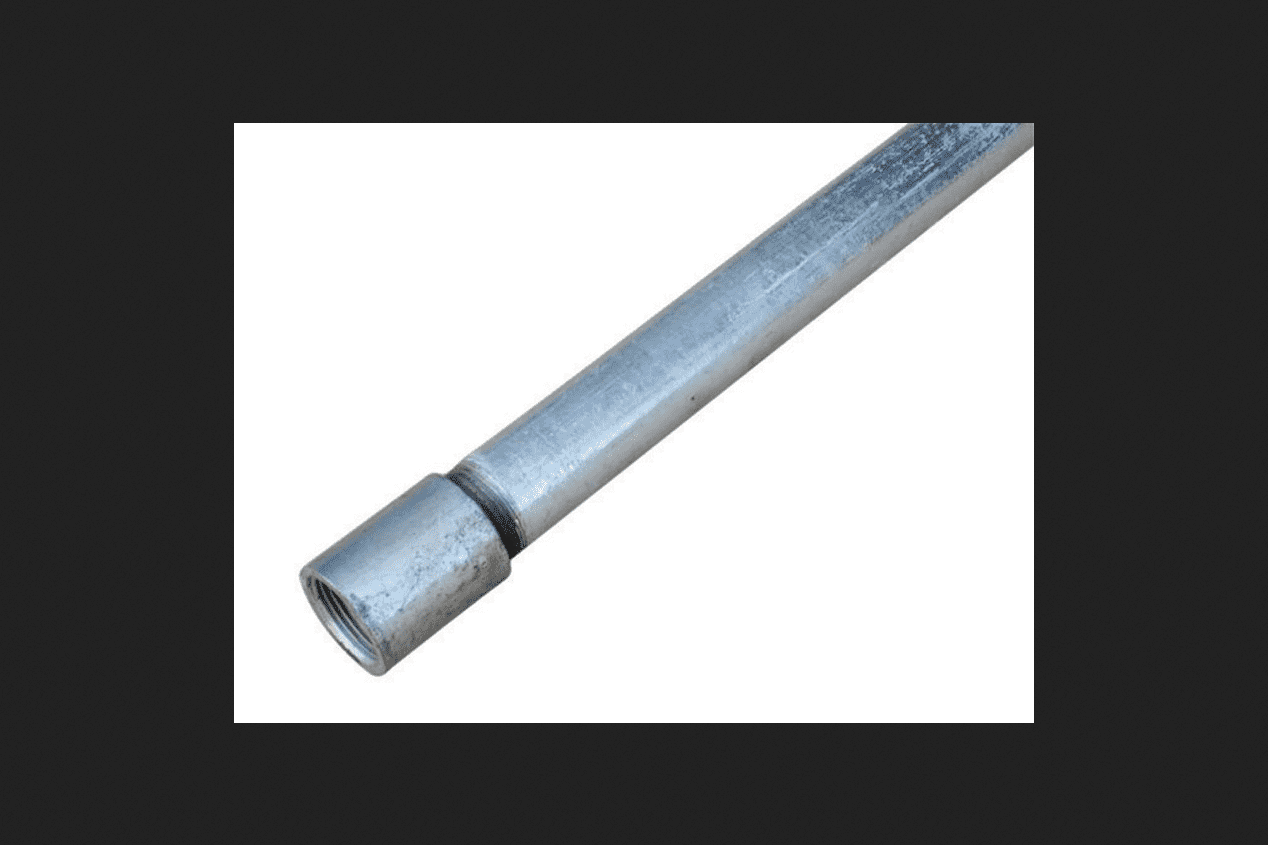
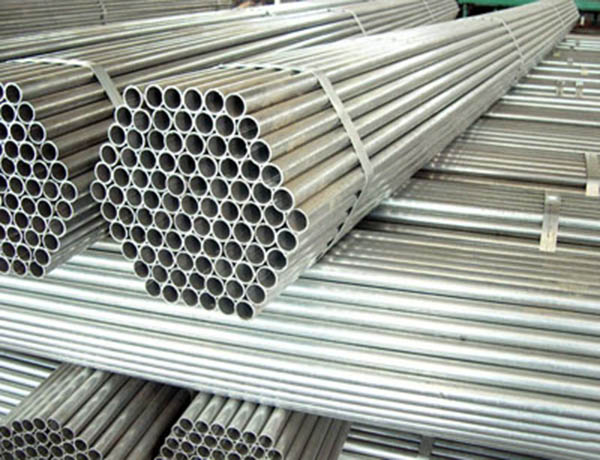






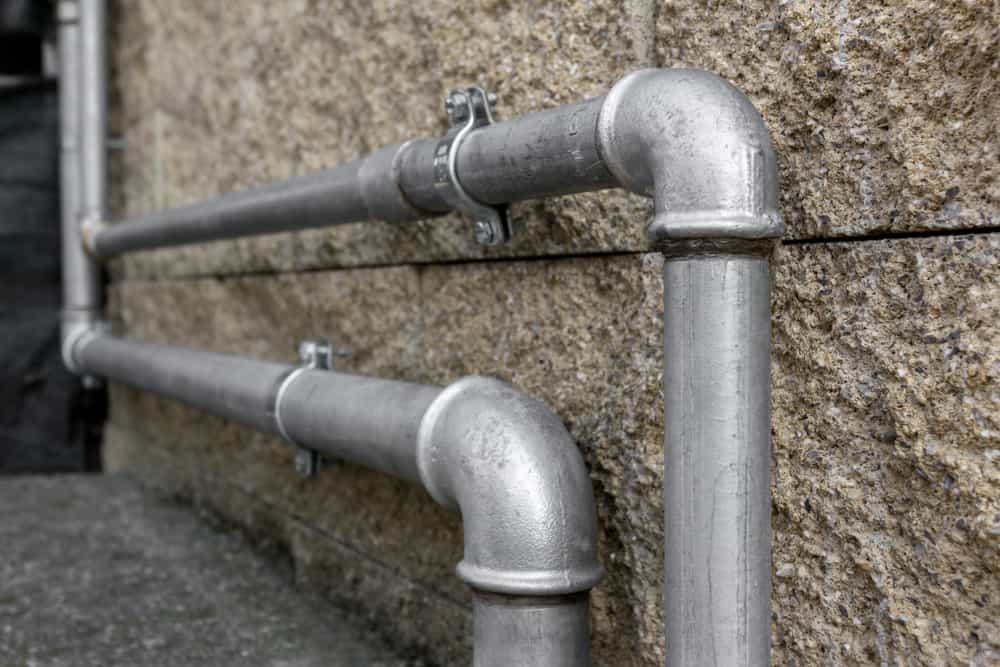






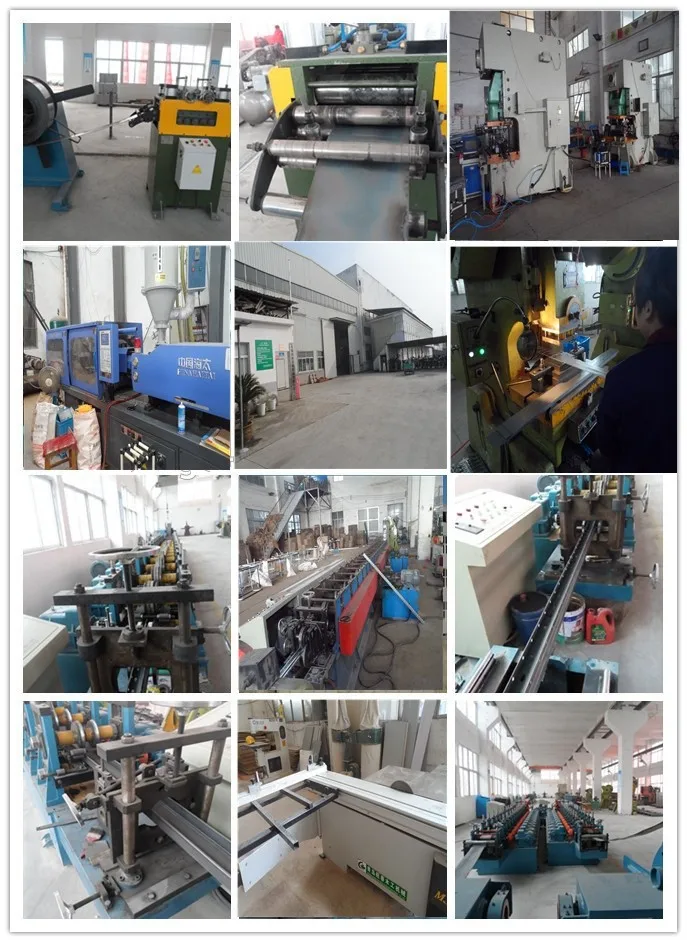



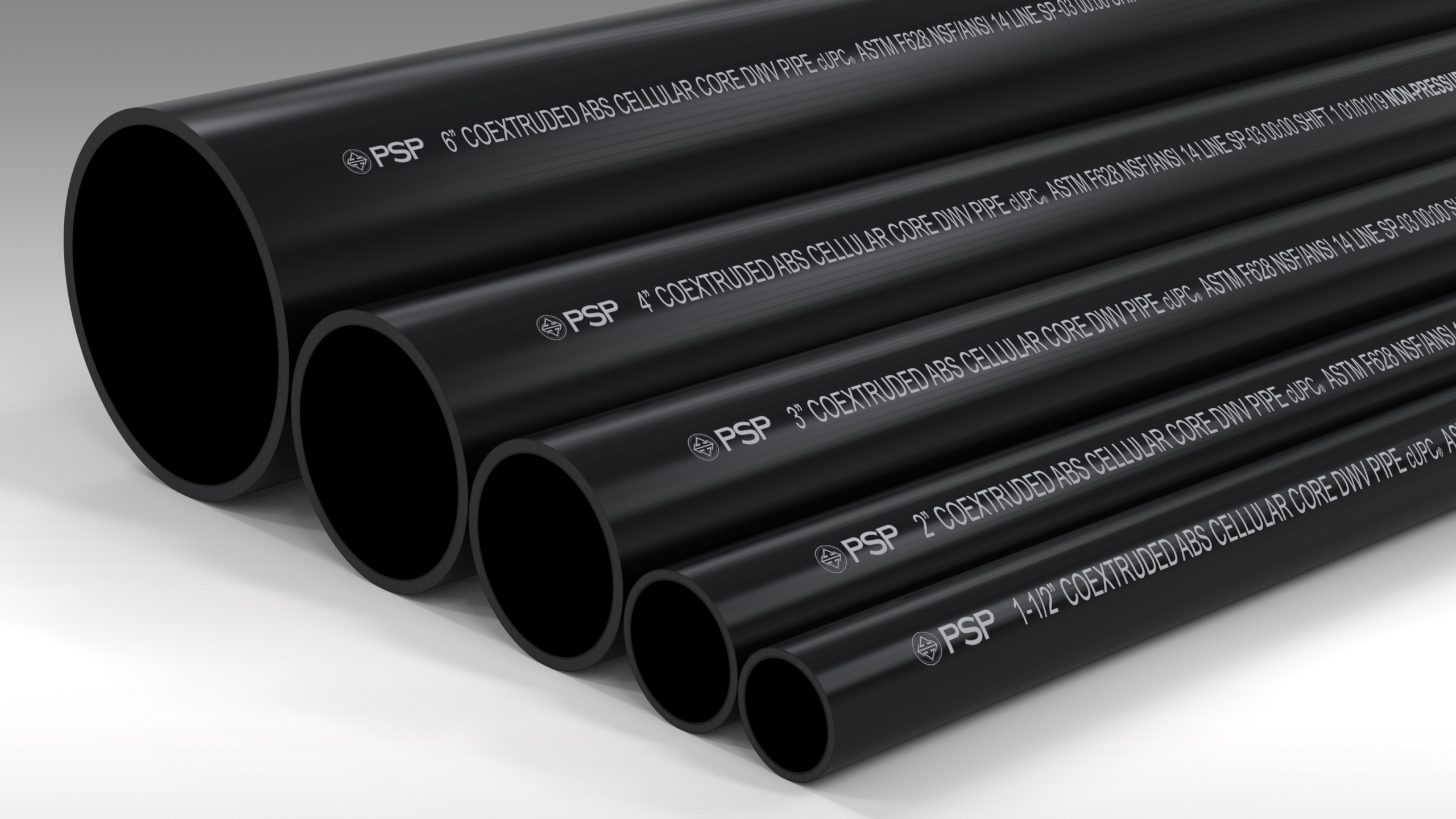
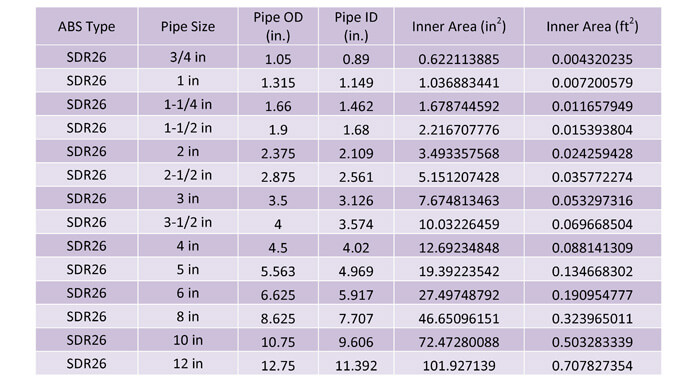
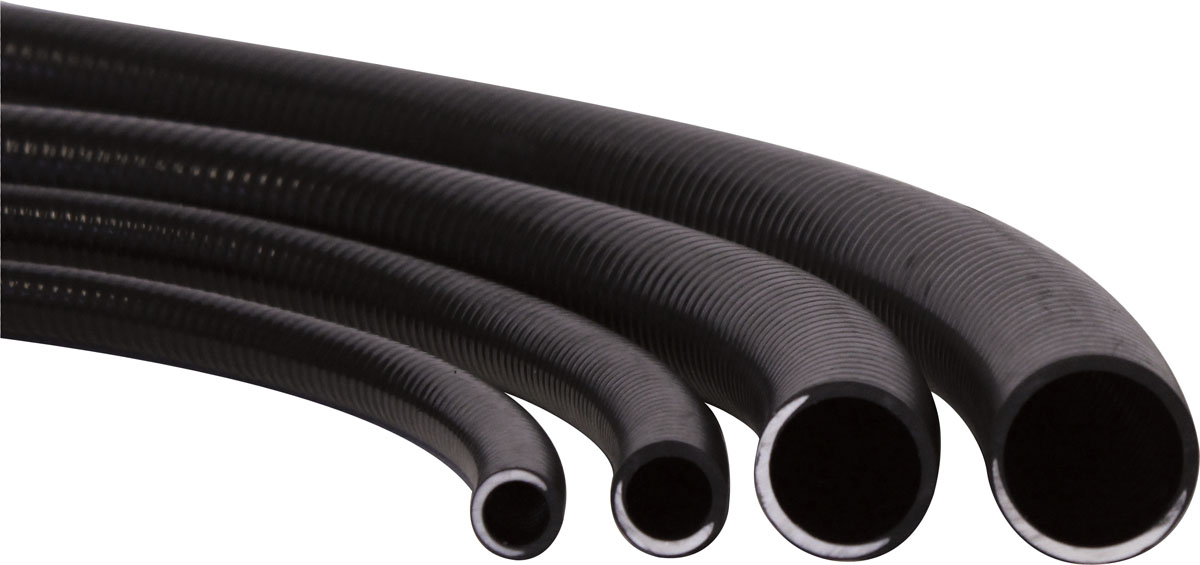



:max_bytes(150000):strip_icc()/Sewer-pipe-types-1822511-v1-809aea8b85ce4ced87980dad6a012e35.png)
